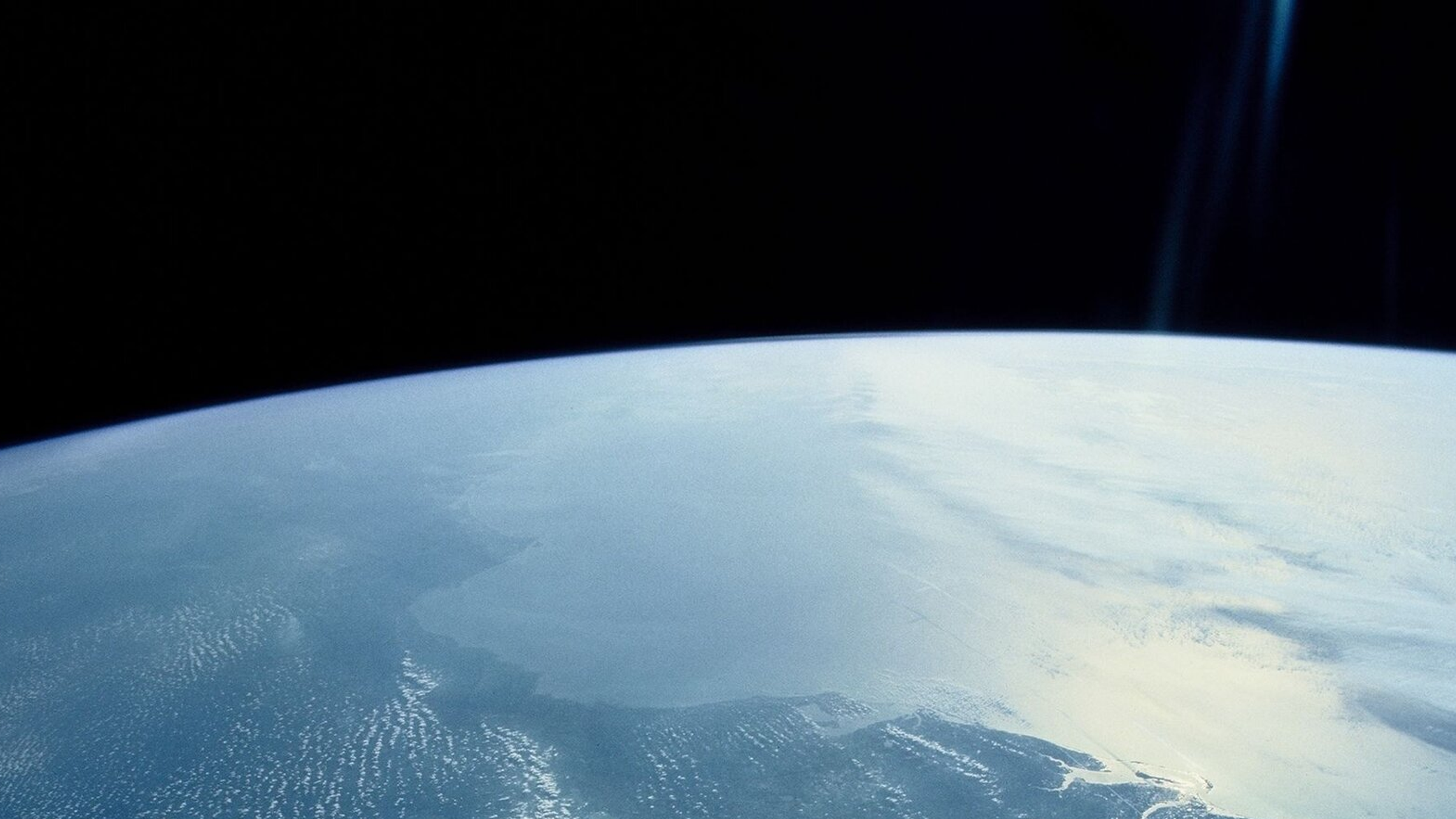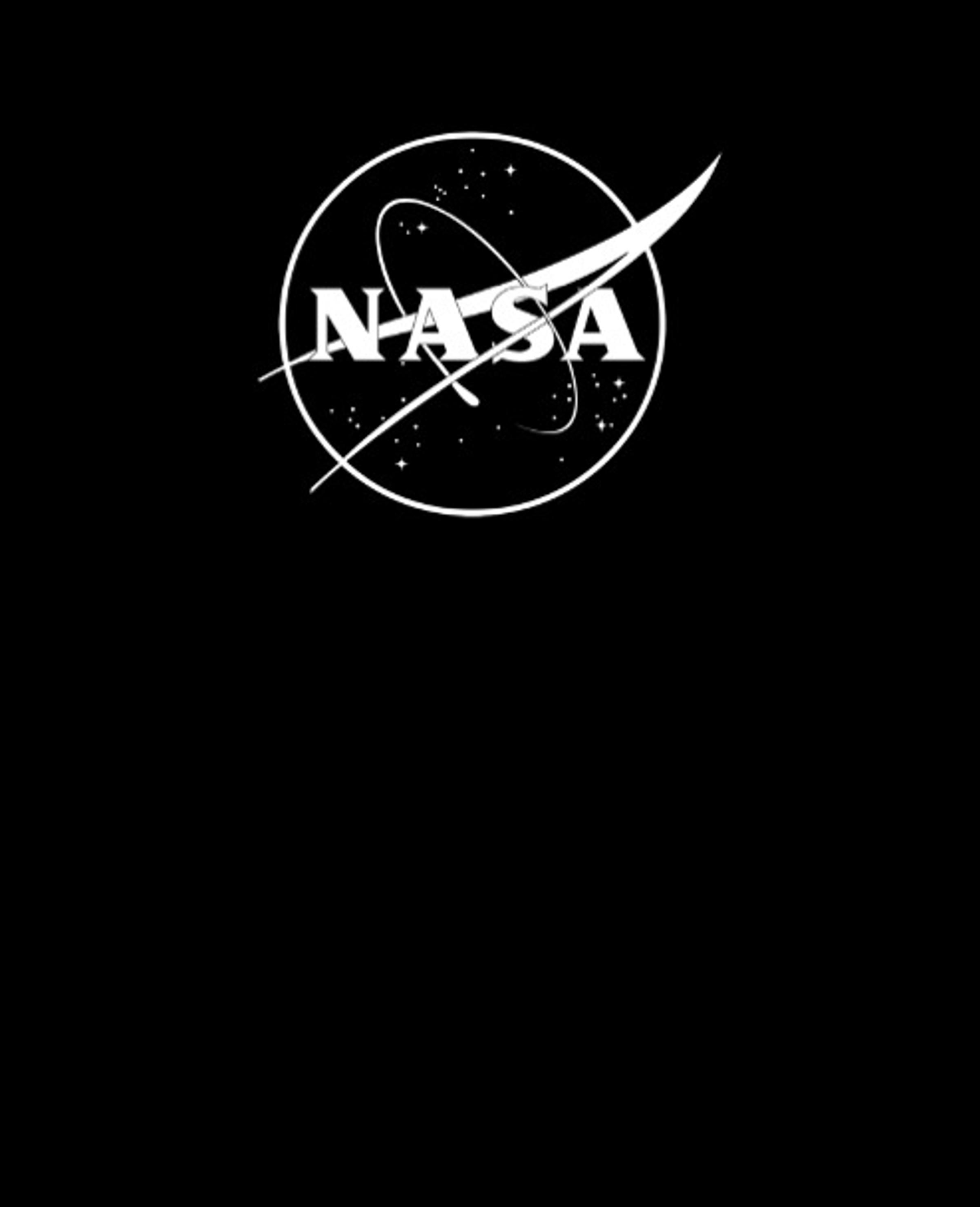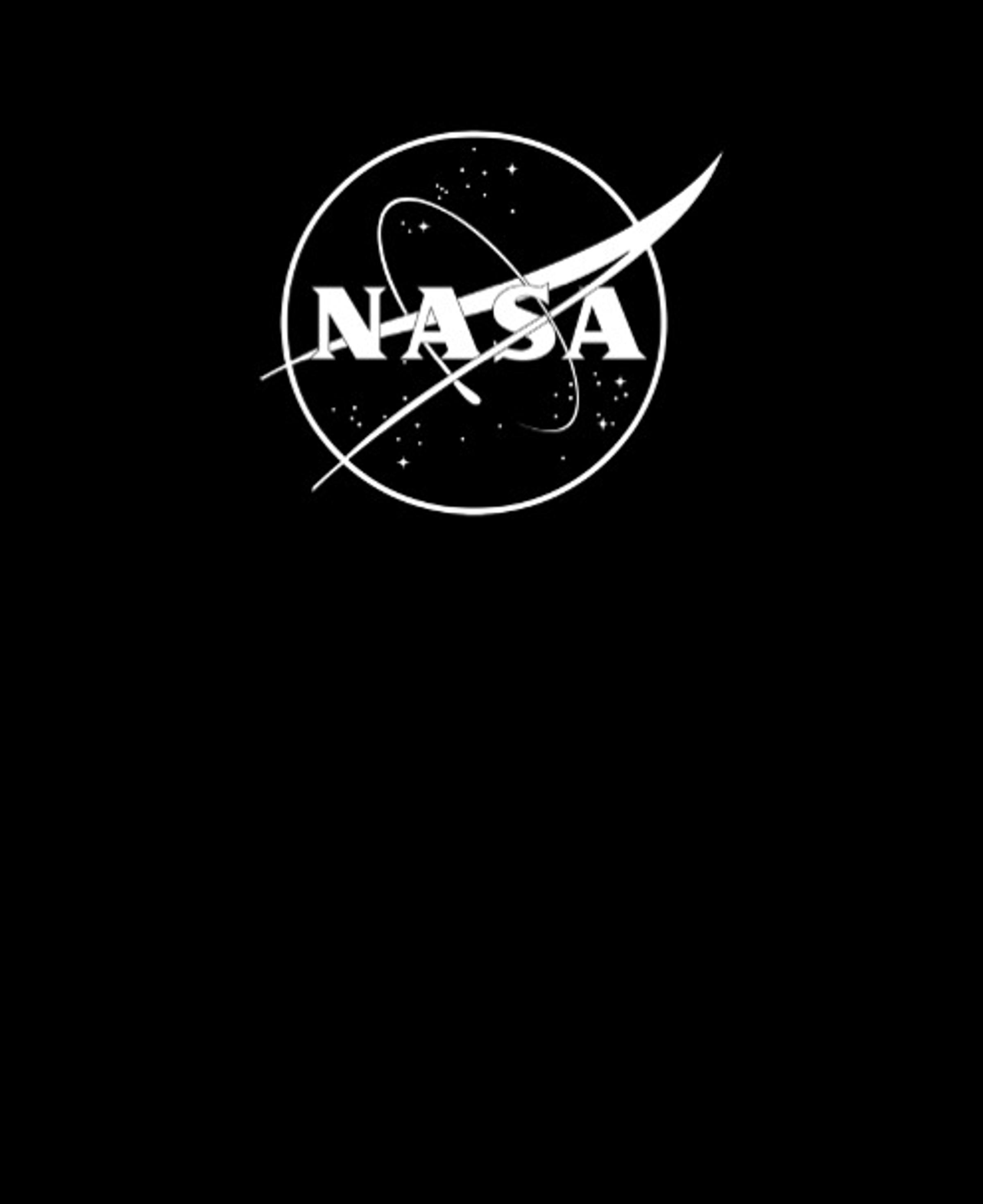Growinspace
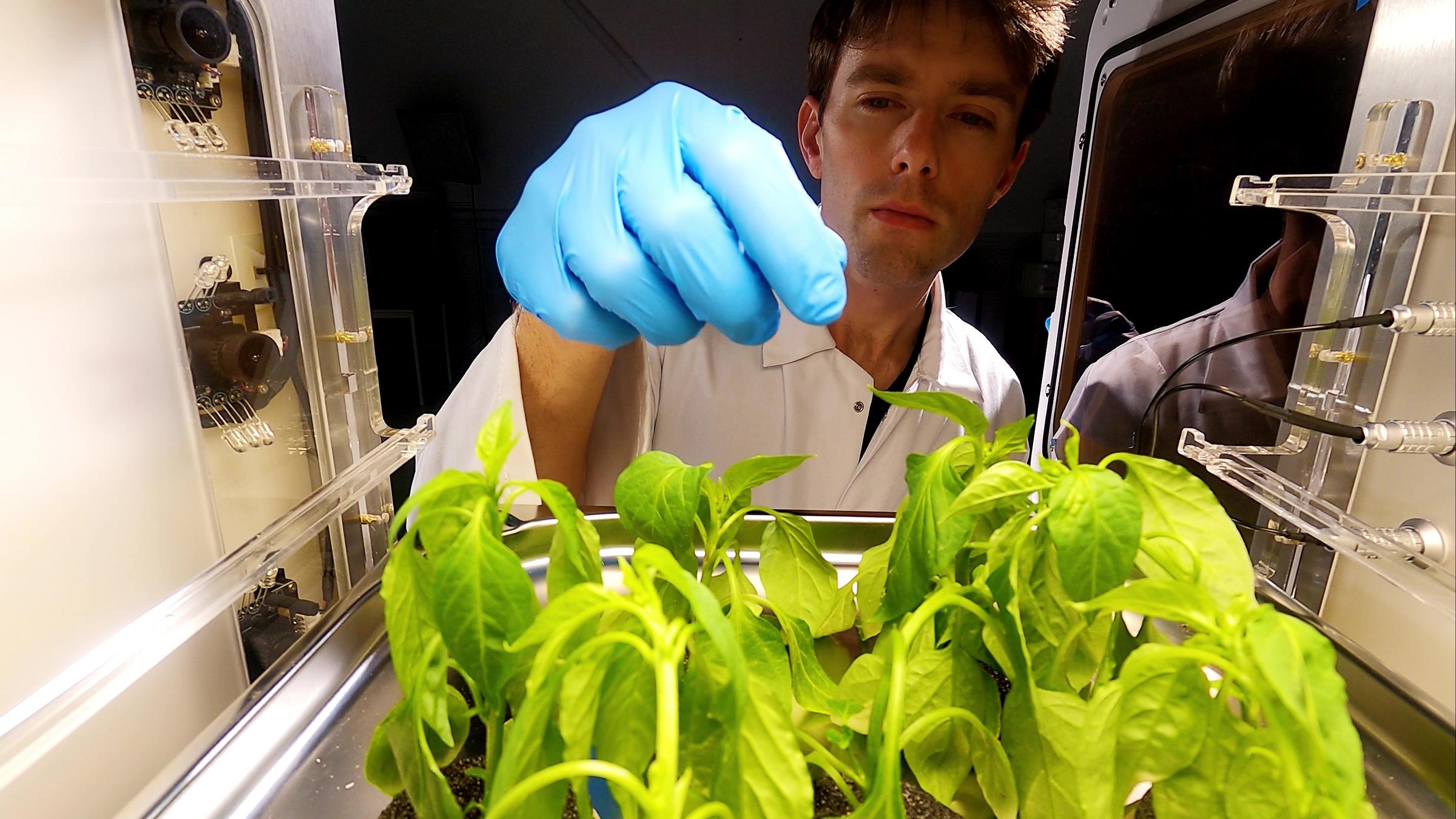
Growing Life in Space.
We pave the way towards bioregenerative life-support systems by developing autonomous pods for plant cultivation beyond Earth.
Our space program
- Low Earth Orbit - Mission Little Prince 2026
- Low Earth Orbit - Eden2026
- Moon - Mission Little Prince with Bloom2027
- Mars - Mission Little Prince with Bloom2028
- Moon - MoonPod2030
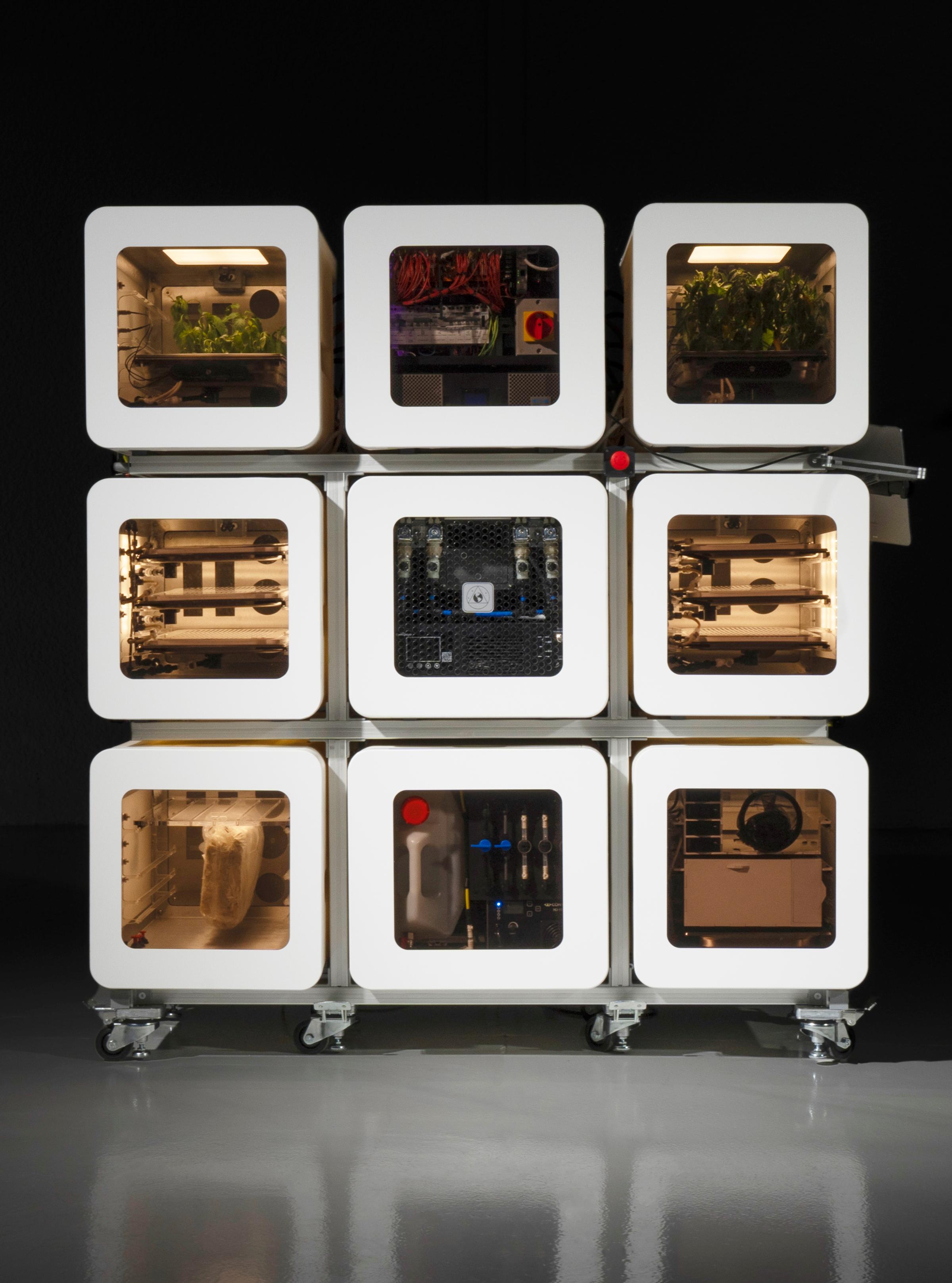 Analog Station (2024)NUCLEUSAutonomous closed-loop food production system designed to meet astronauts' nutritional needs during extended space missions. NuCLEUS is the US first prize winner of NASA DSFC.
Analog Station (2024)NUCLEUSAutonomous closed-loop food production system designed to meet astronauts' nutritional needs during extended space missions. NuCLEUS is the US first prize winner of NASA DSFC.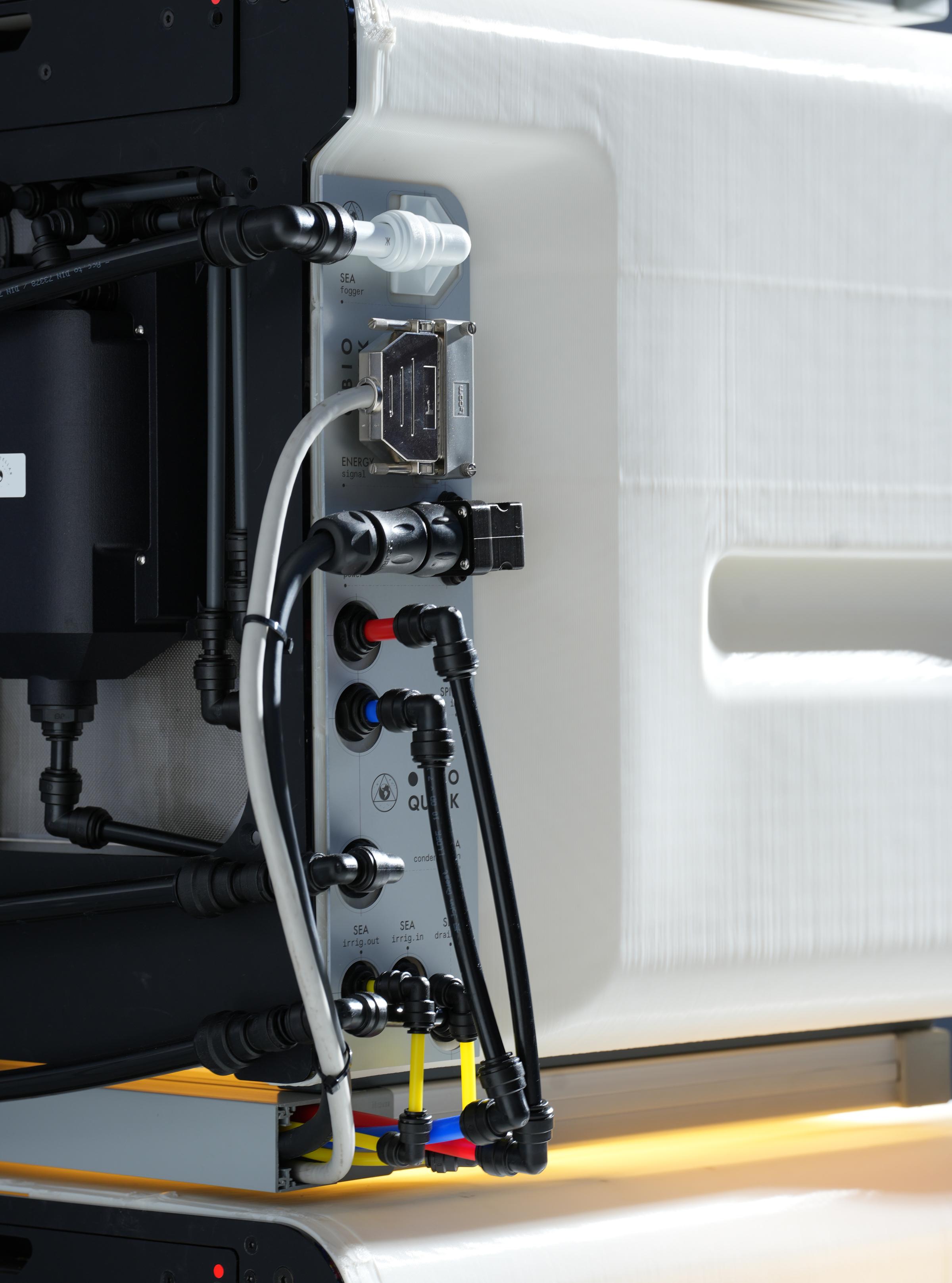 Orbital Stations (2026)EdenSpinoff from NUCLEUS developed for NASA, Eden is a AI-controlled payload to grow plants in LEO.
Orbital Stations (2026)EdenSpinoff from NUCLEUS developed for NASA, Eden is a AI-controlled payload to grow plants in LEO.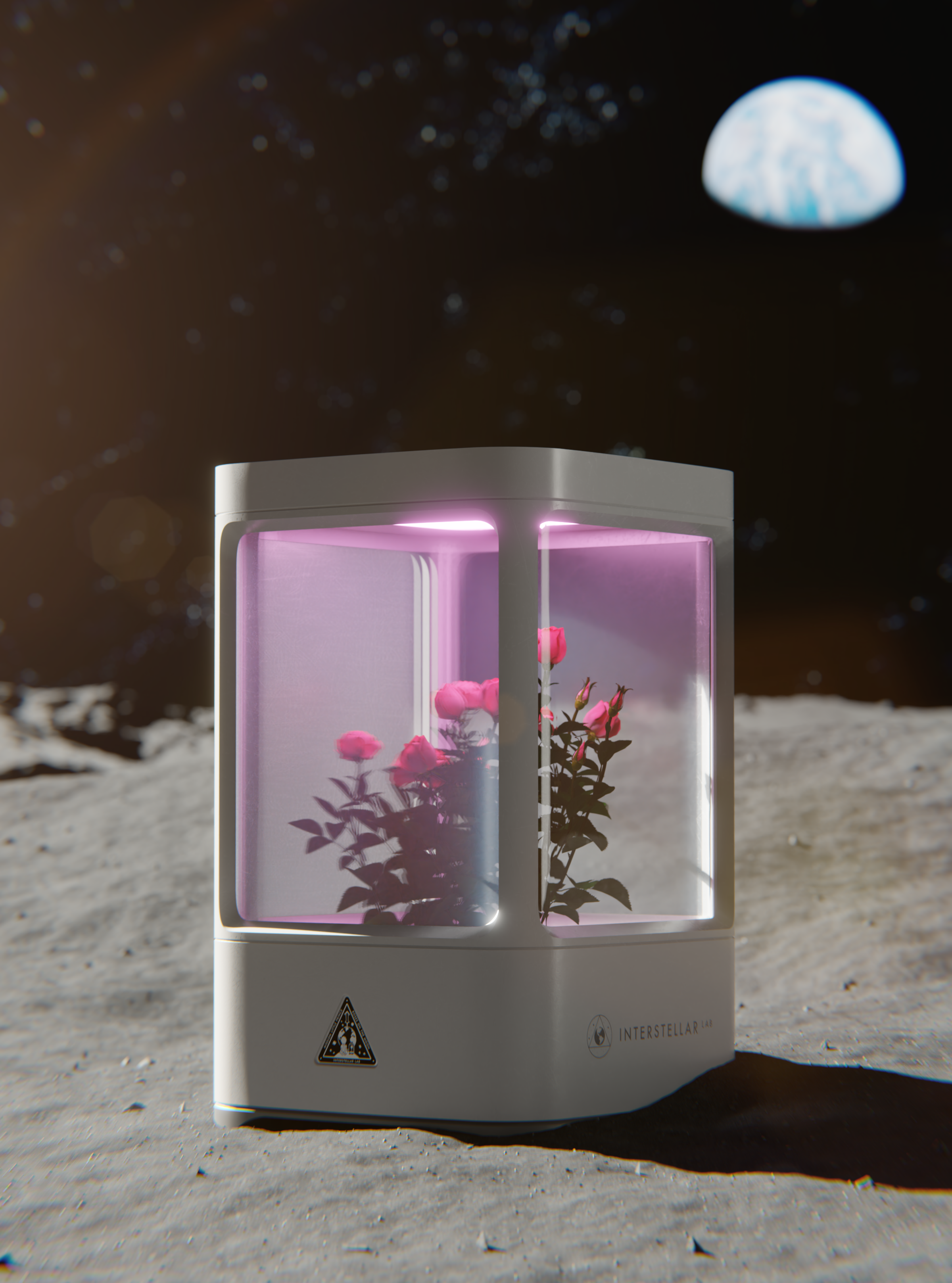 Moon (2027)BLOOMBLOOM is an automated small greenhouse designed for Mission Little Prince. For the Moon landing, the company partnered with Astrolab to install the payload on the lunar surface with FLEX rover.
Moon (2027)BLOOMBLOOM is an automated small greenhouse designed for Mission Little Prince. For the Moon landing, the company partnered with Astrolab to install the payload on the lunar surface with FLEX rover.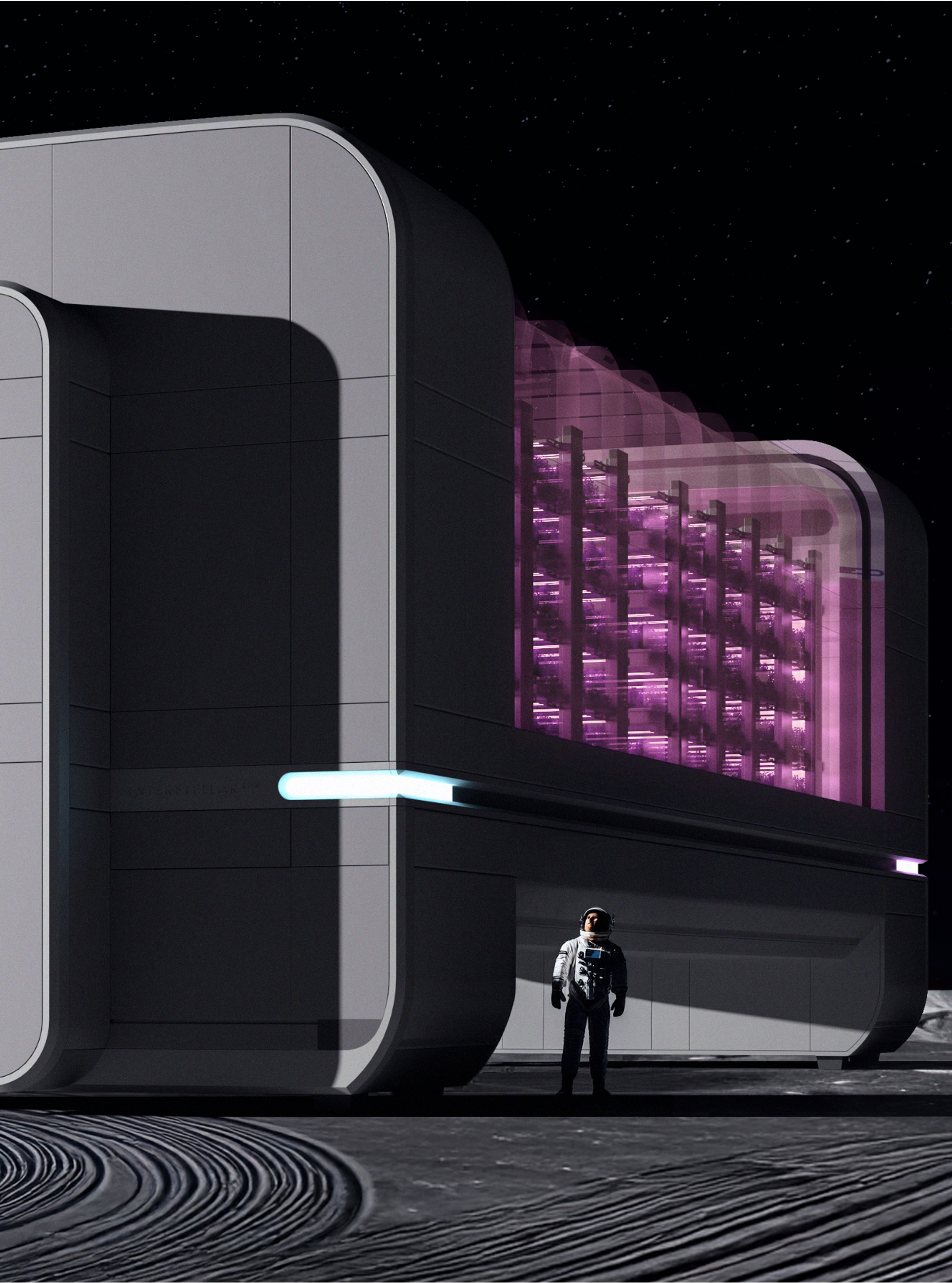 Moon (2028)MoonPodIn the context of the Artemis Program, we are working on adapting BioPod to lunar environment. Target release of automated greenhouse: 2028.
Moon (2028)MoonPodIn the context of the Artemis Program, we are working on adapting BioPod to lunar environment. Target release of automated greenhouse: 2028.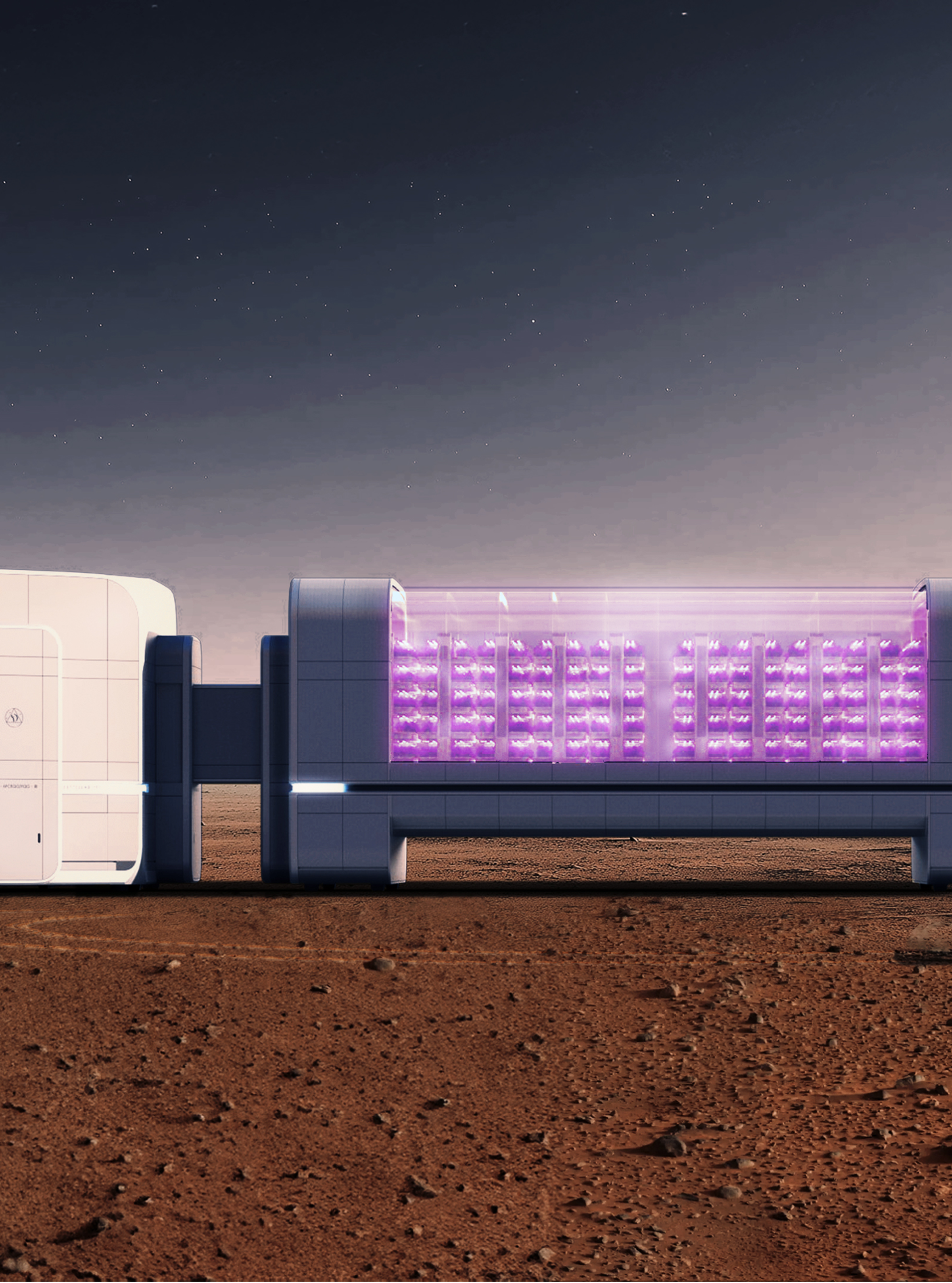 Mars (2030)MarsPodVision of BioPod adaption for martian environment with a target release for 2030.
Mars (2030)MarsPodVision of BioPod adaption for martian environment with a target release for 2030.
We work together
















Eden1.0inHaven-1Lab
PARTNER UPDATE
Eden 1.0 in Haven-1 Lab
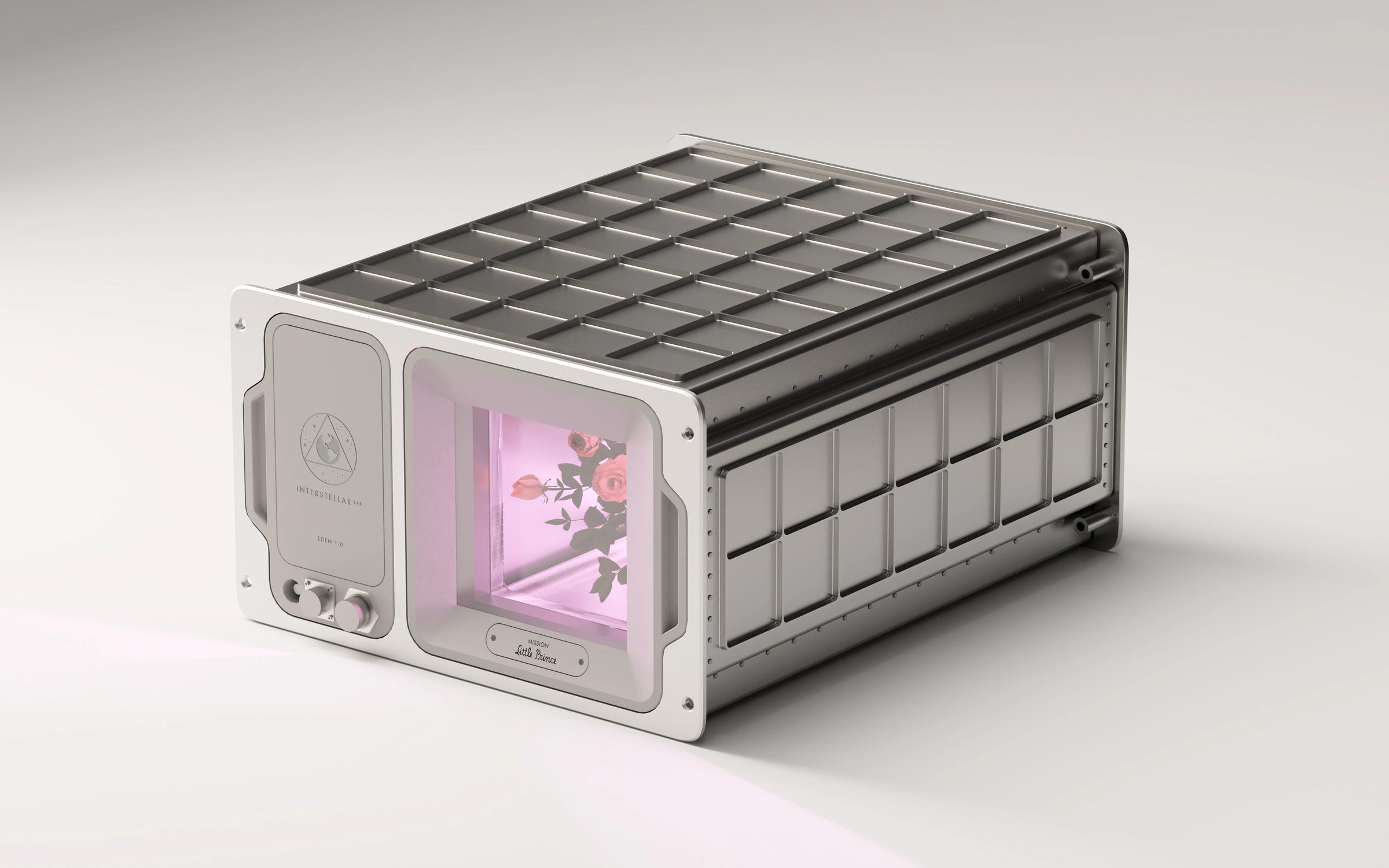
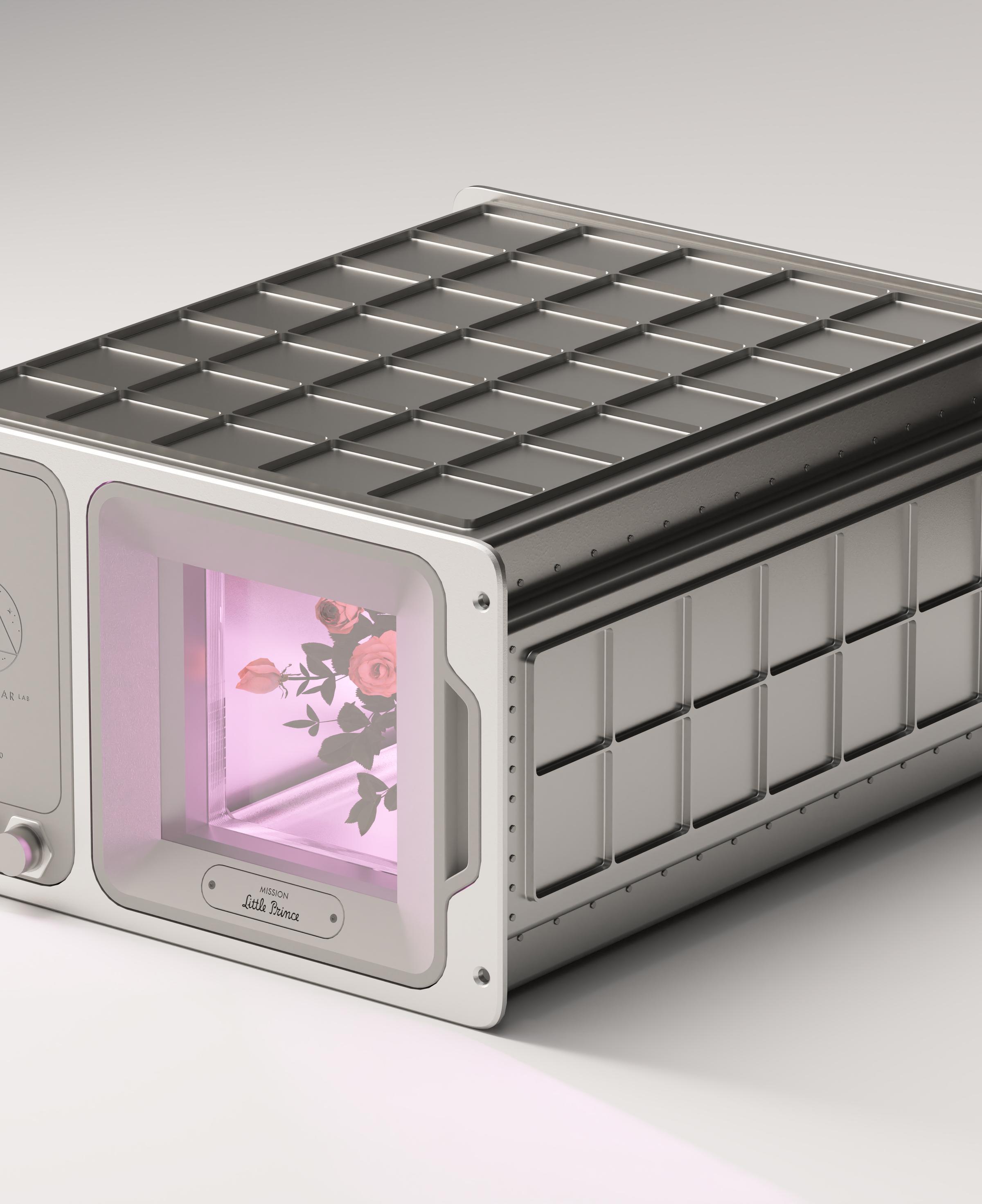
Plant Research Payload in LEO
Interstellar Lab has partnered with Vast to integrate Eden 1.0 in the Haven-1 Lab.
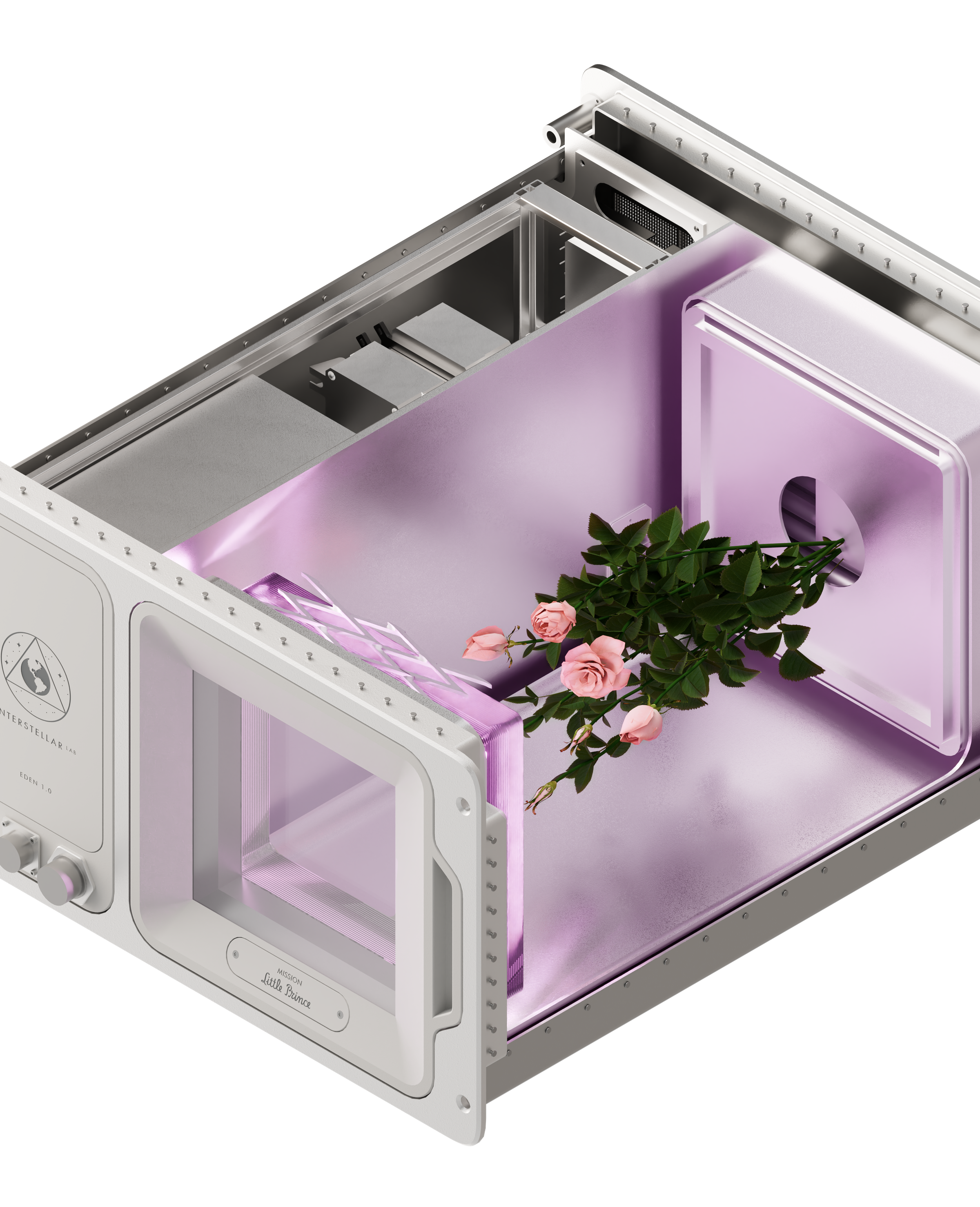
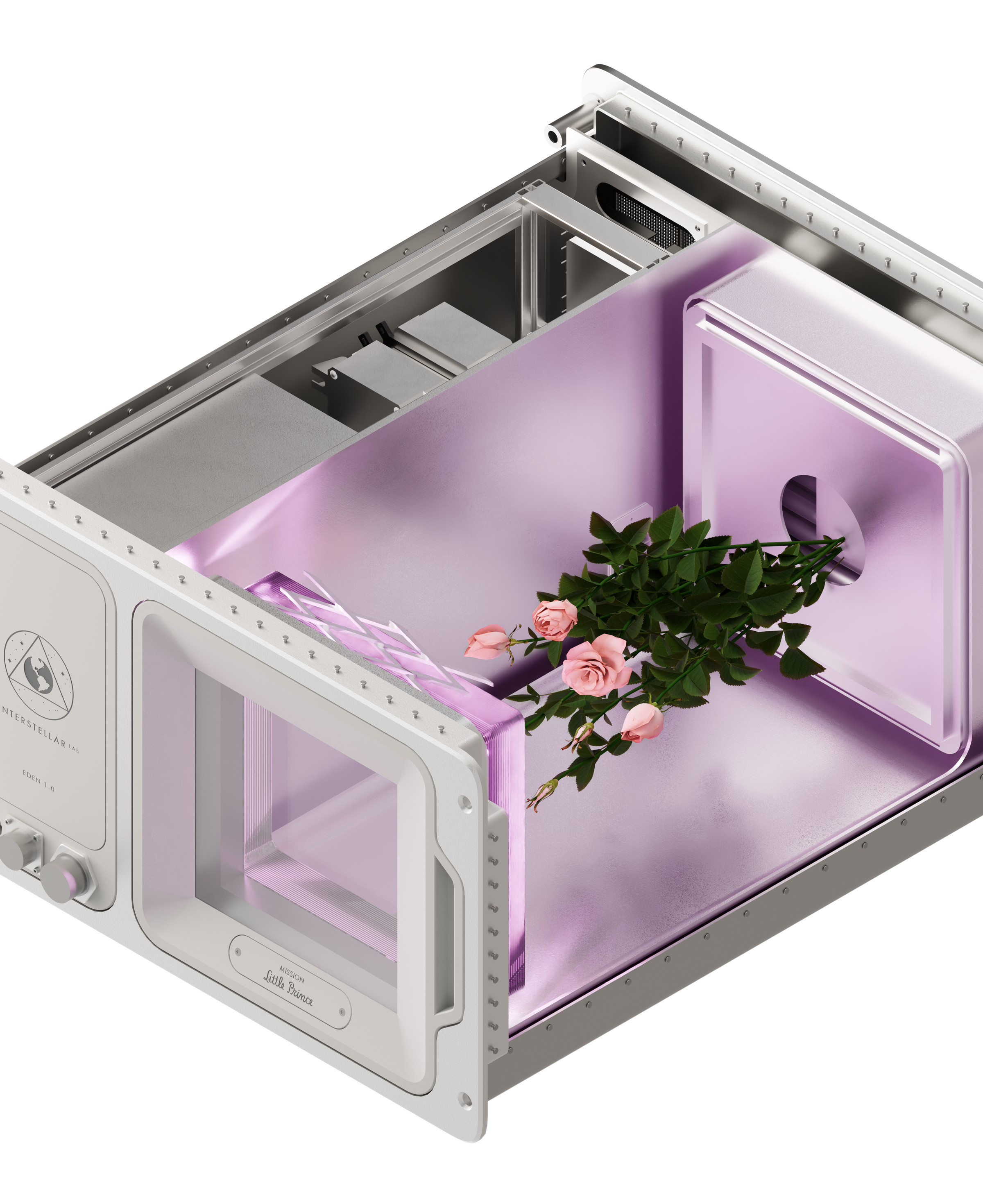
Fig 1Eden 1.0 - Credit: Interstellar Lab 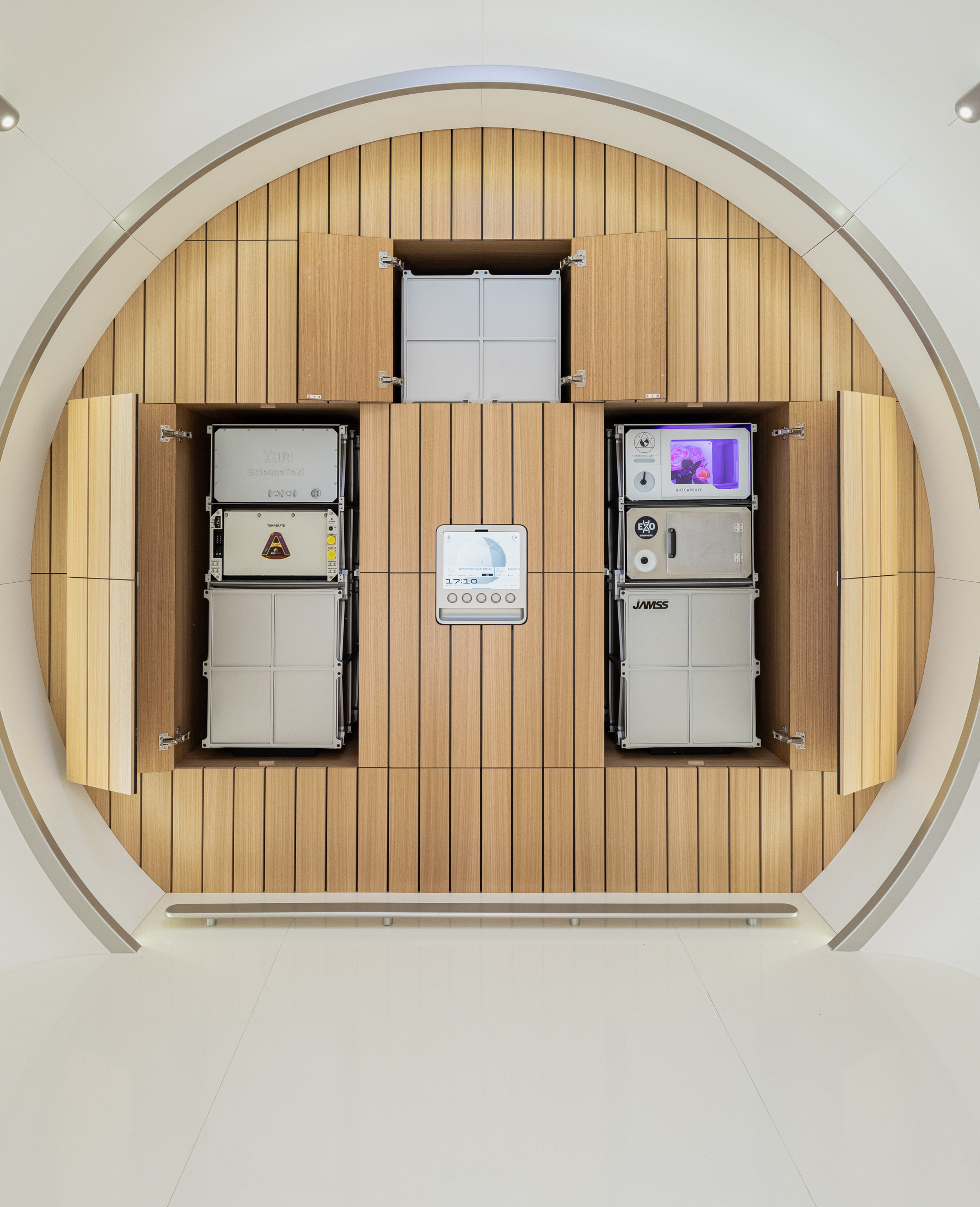
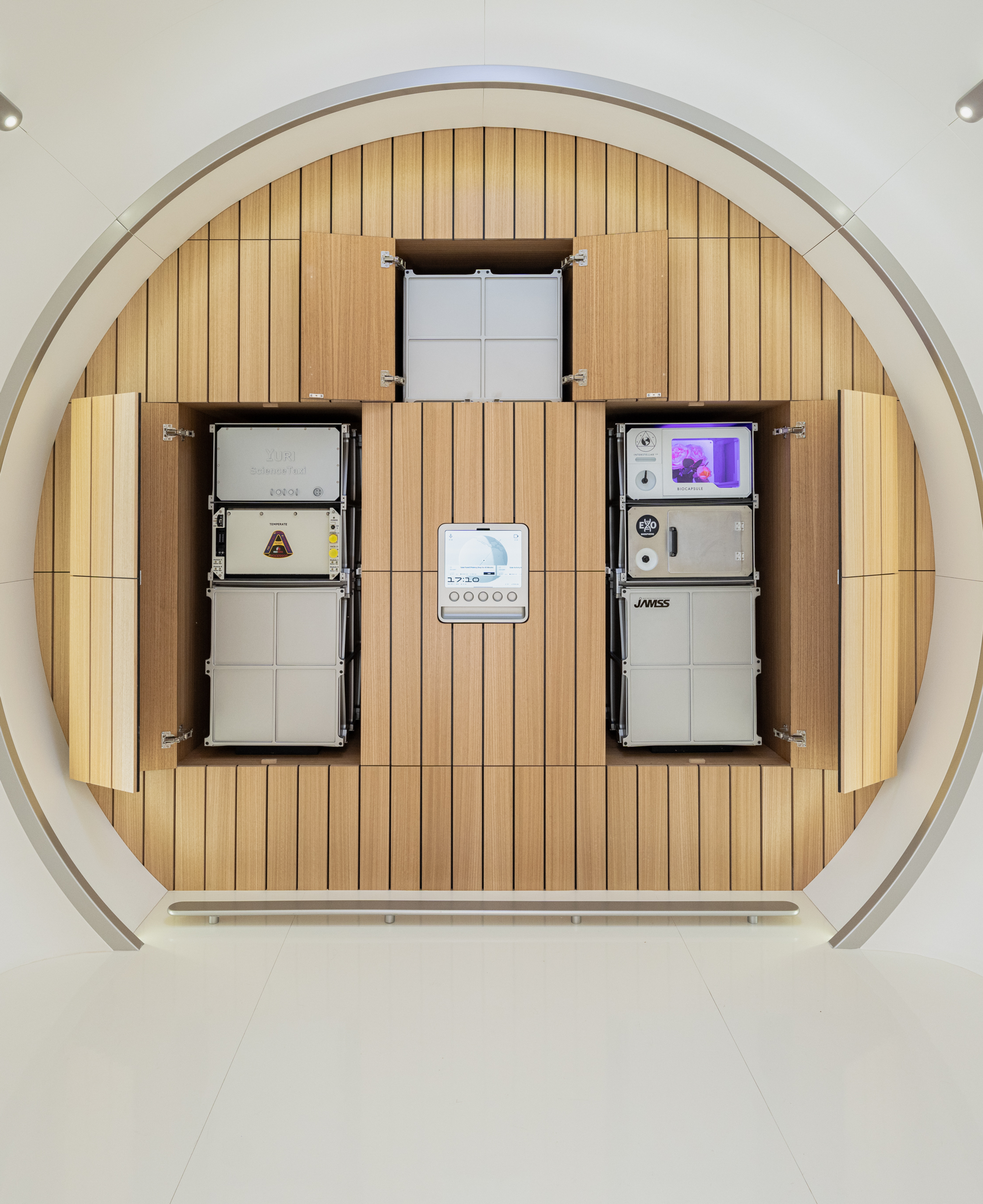
Fig 2Haven-1 Lab Experience - Credit: Vast
OUR GOAL
Interstellar Lab will conduct cutting-edge plant research for cosmetics, pharmaceuticals and food application in the Haven-1 Lab. This research will lead to benefits on Earth by studying and improving crop resilience of various species. Furthermore, there are novel pharmaceuticals and cosmetic products that can be generated through this stress response in plants. Eden 1.0 is scheduled to launch aboard Haven-1, a next-generation commercial space station, no earlier than May 2026.
READ MORE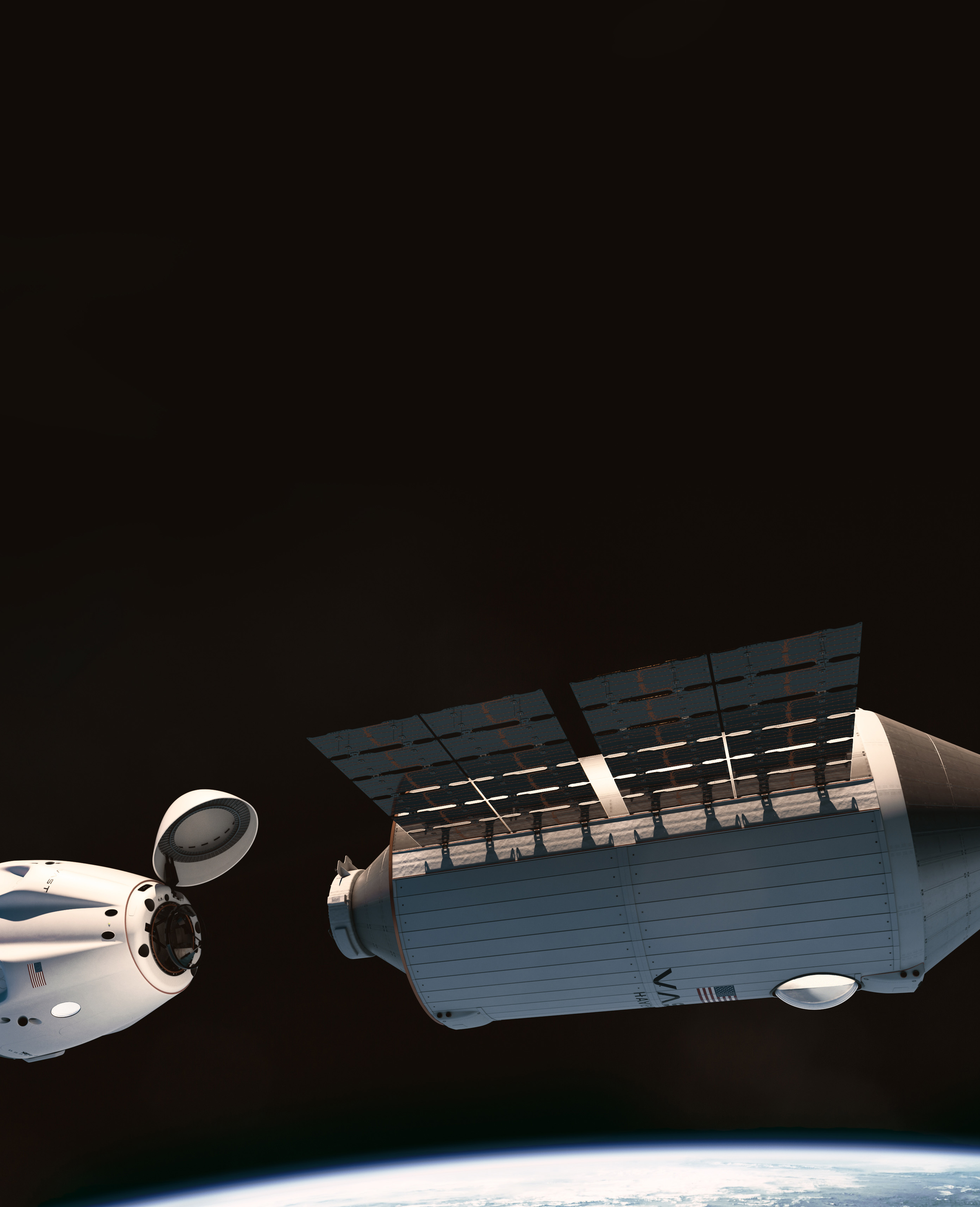
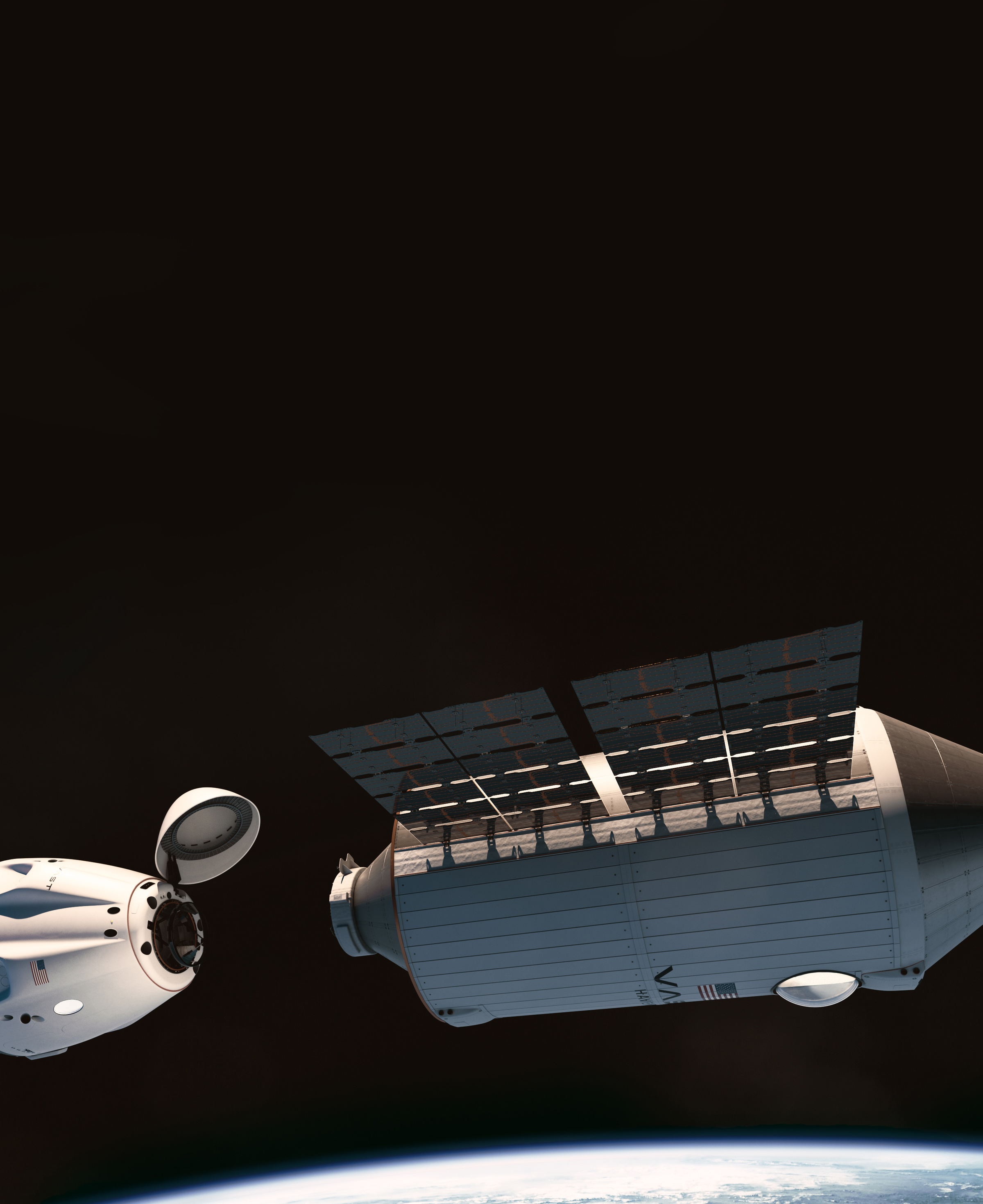
Fig 1Illustration of Haven-1 and Dragon - Credit: Vast
OUR PARTNER
Vast’s Haven-1 is set to be the first commercial space station designed for microgravity research, development, and manufacturing. The Haven-1 Lab will provide a state-of-the-art platform for a variety of industries, from biotechnology and pharmaceuticals to advanced materials and scientific experiments. Haven-1 is scheduled to be the world’s first commercial station and will help foster a seamless transition ahead of the International Space Station (ISS) retirement in 2030.
READ MOREMISSIONLITTLEPRINCE
MISSION UPDATE
MISSION LITTLE PRINCE
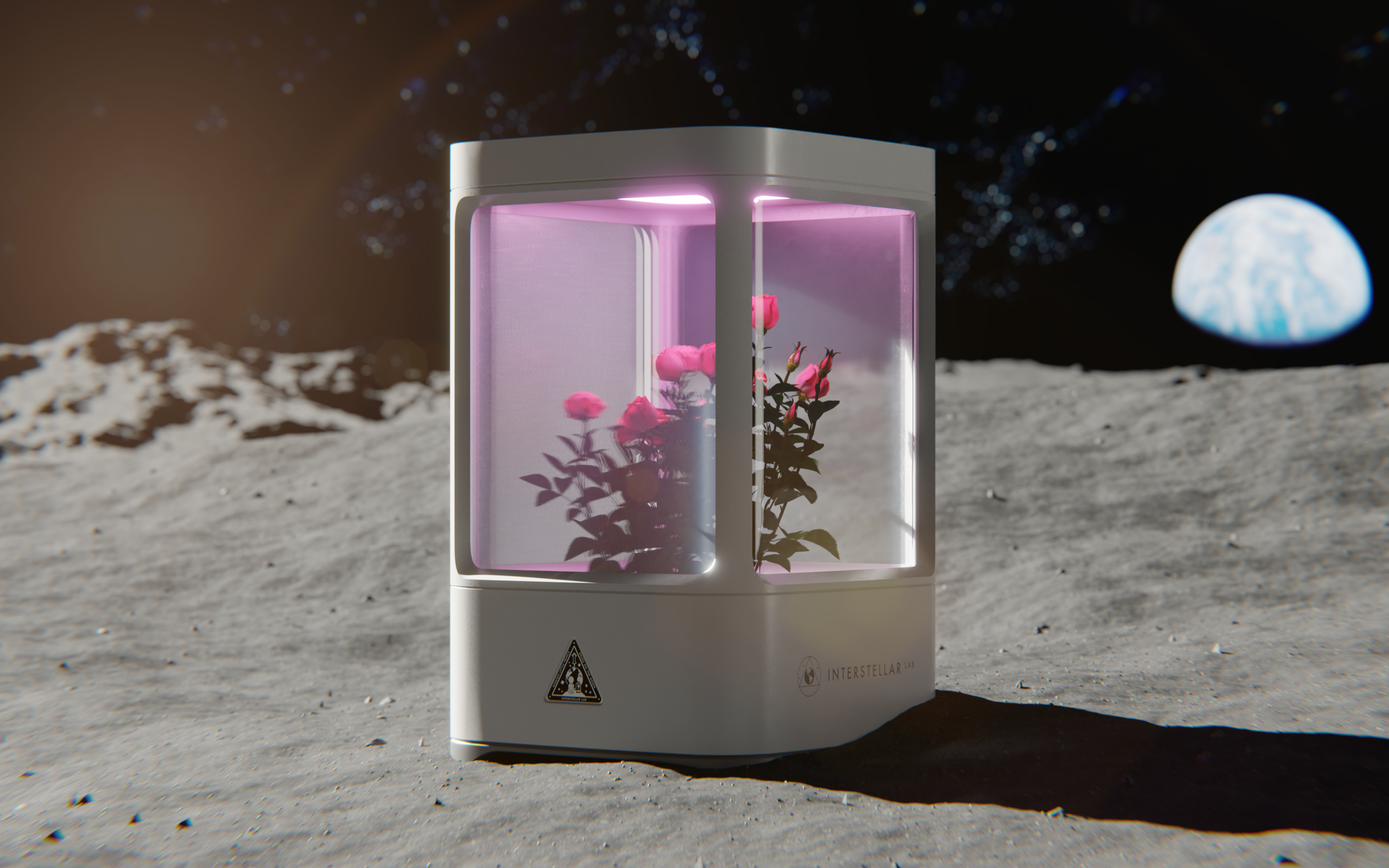
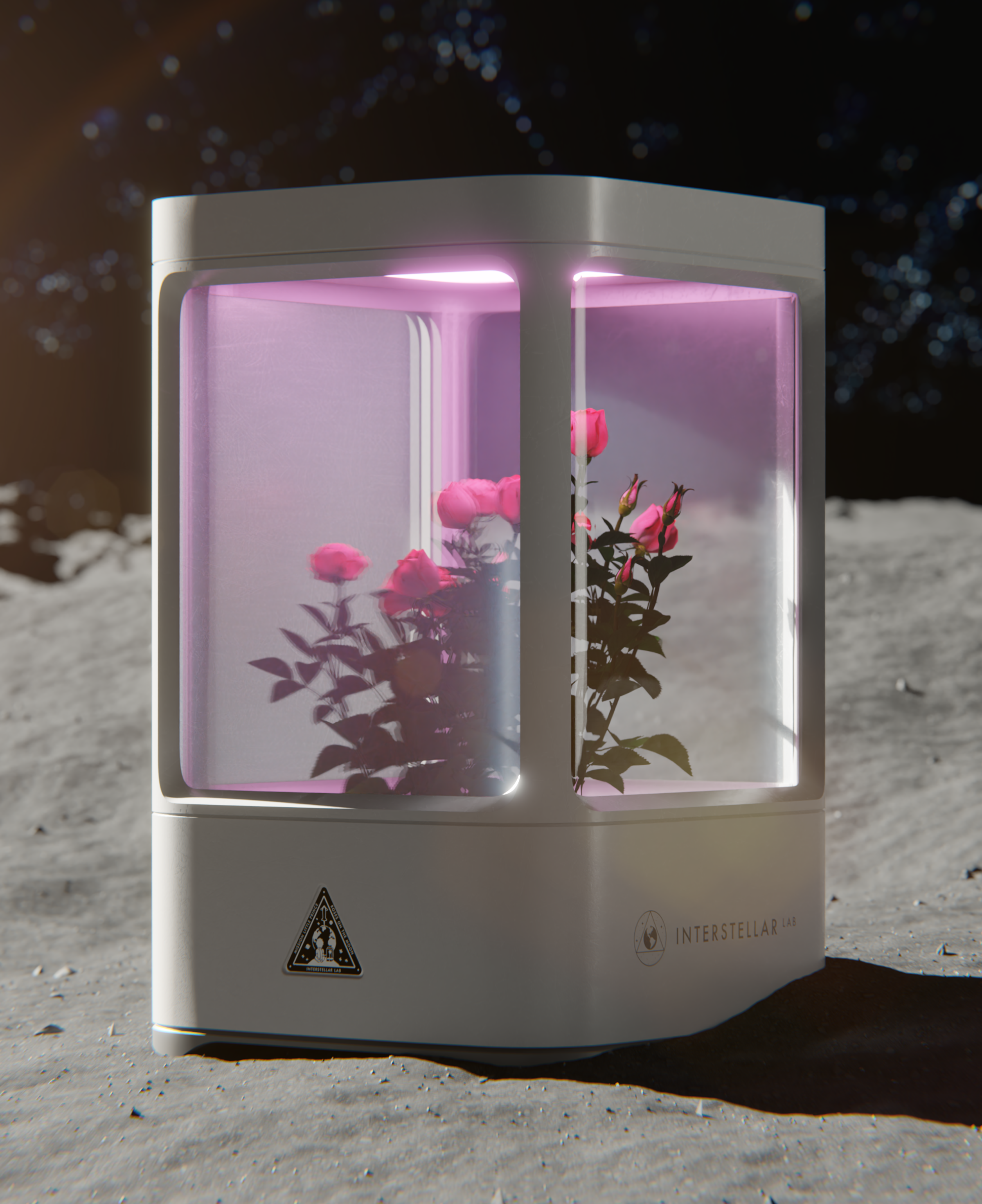
Growing Roses on the Moon
An unique partnership with Antoine de Saint Exupery Foundation to make the dream of the Little Prince come true. A mission about love, inspiration and unity.
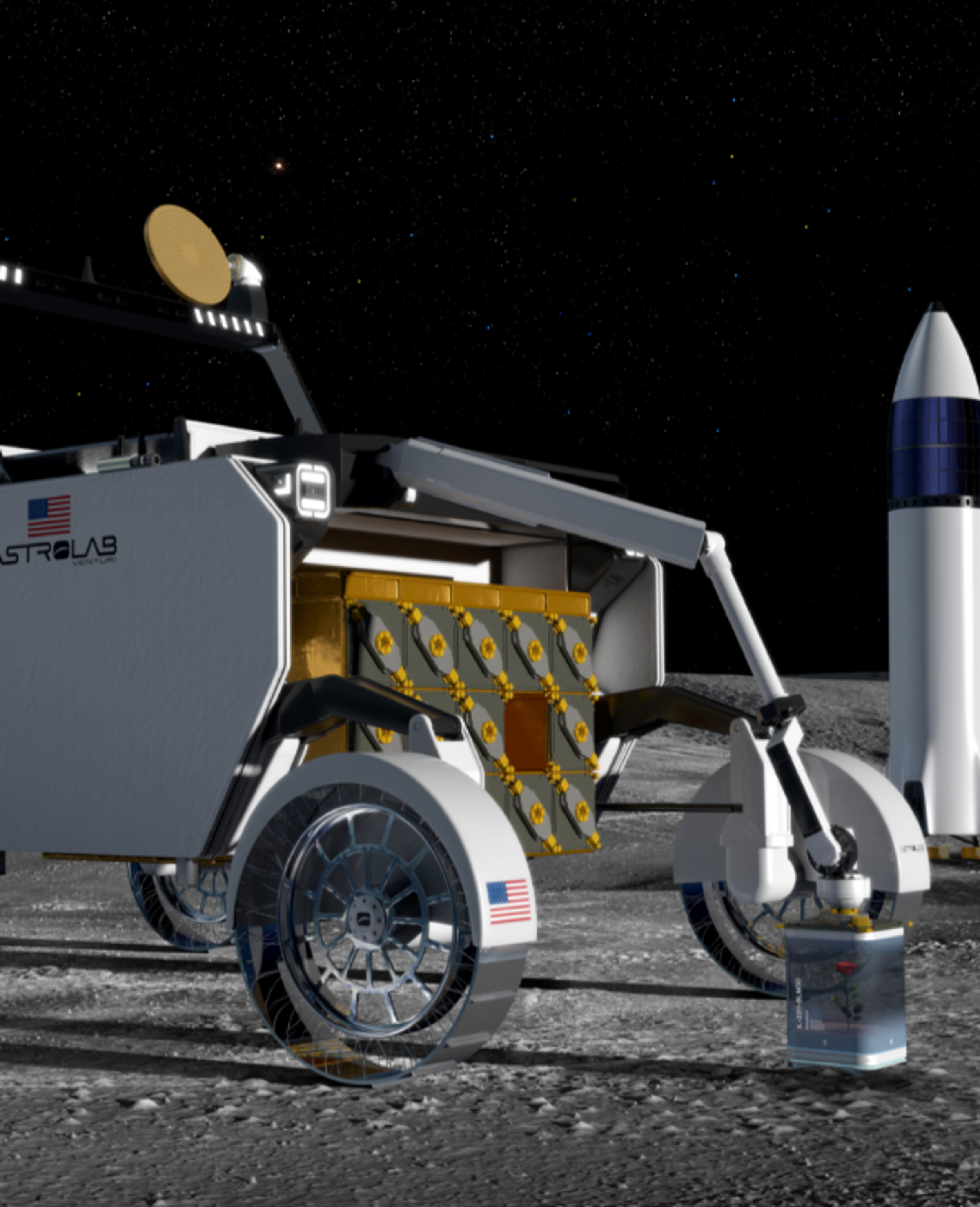
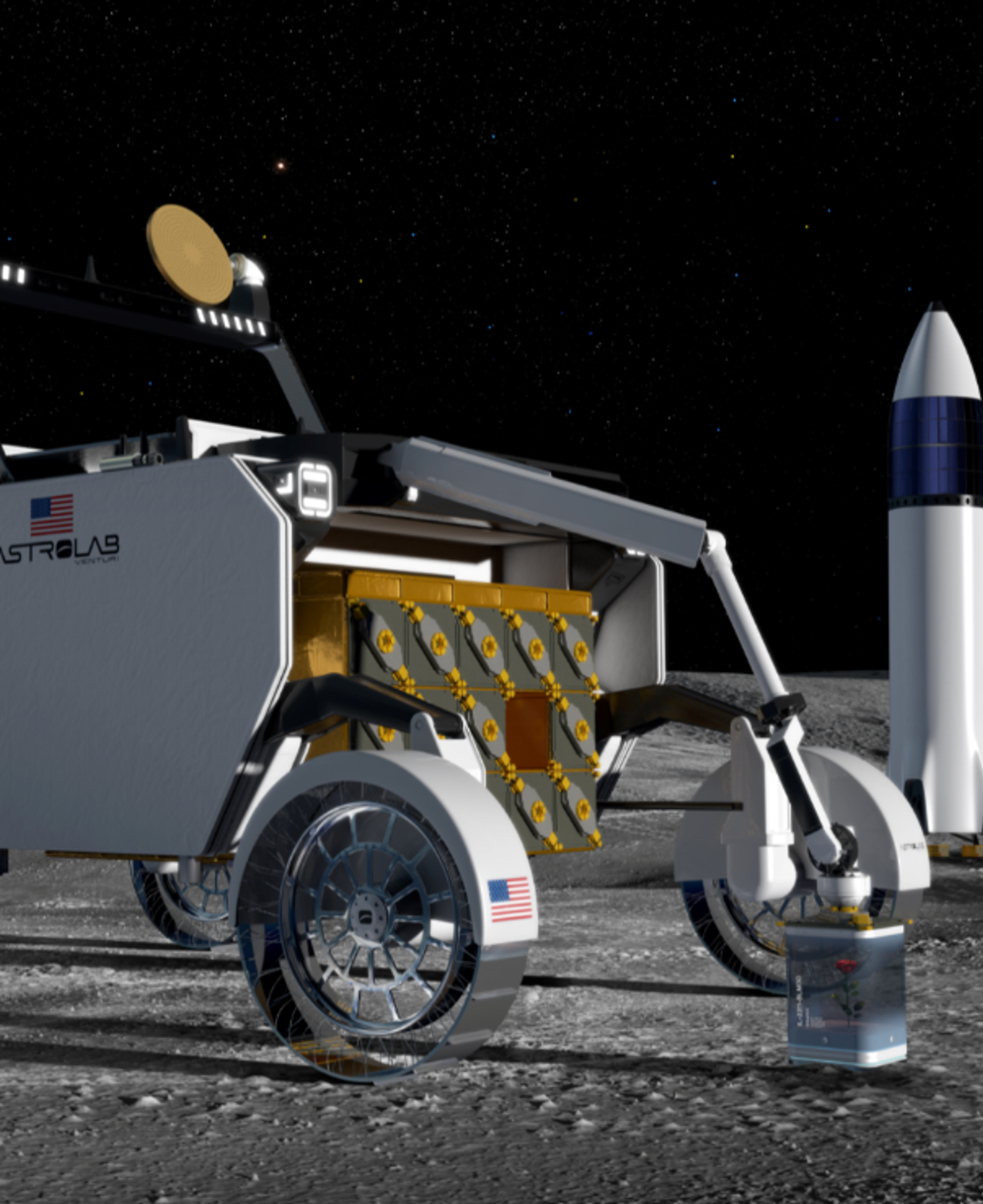
Fig 1Astrolab's FLEX Rover installing Bloom on the Moon. 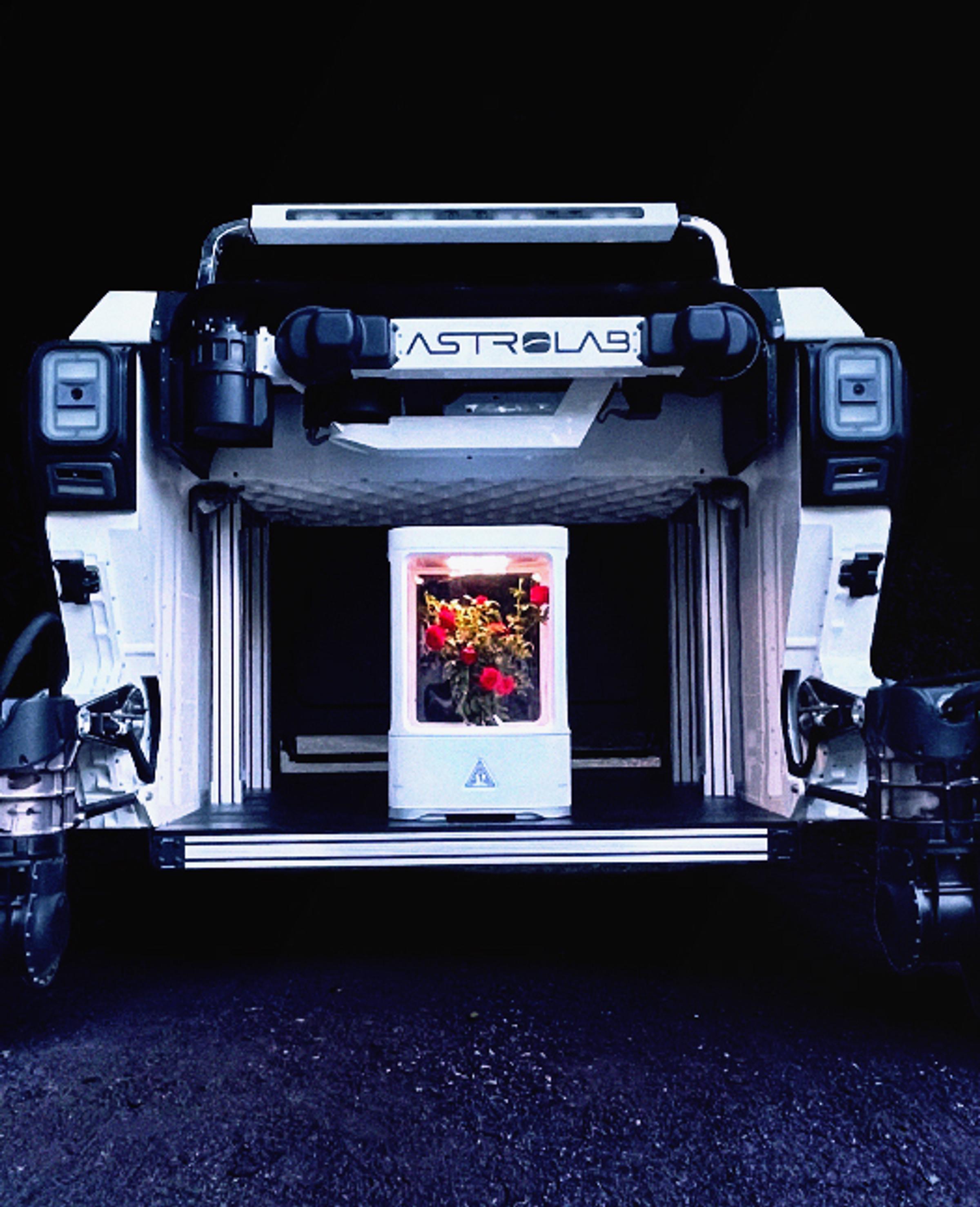
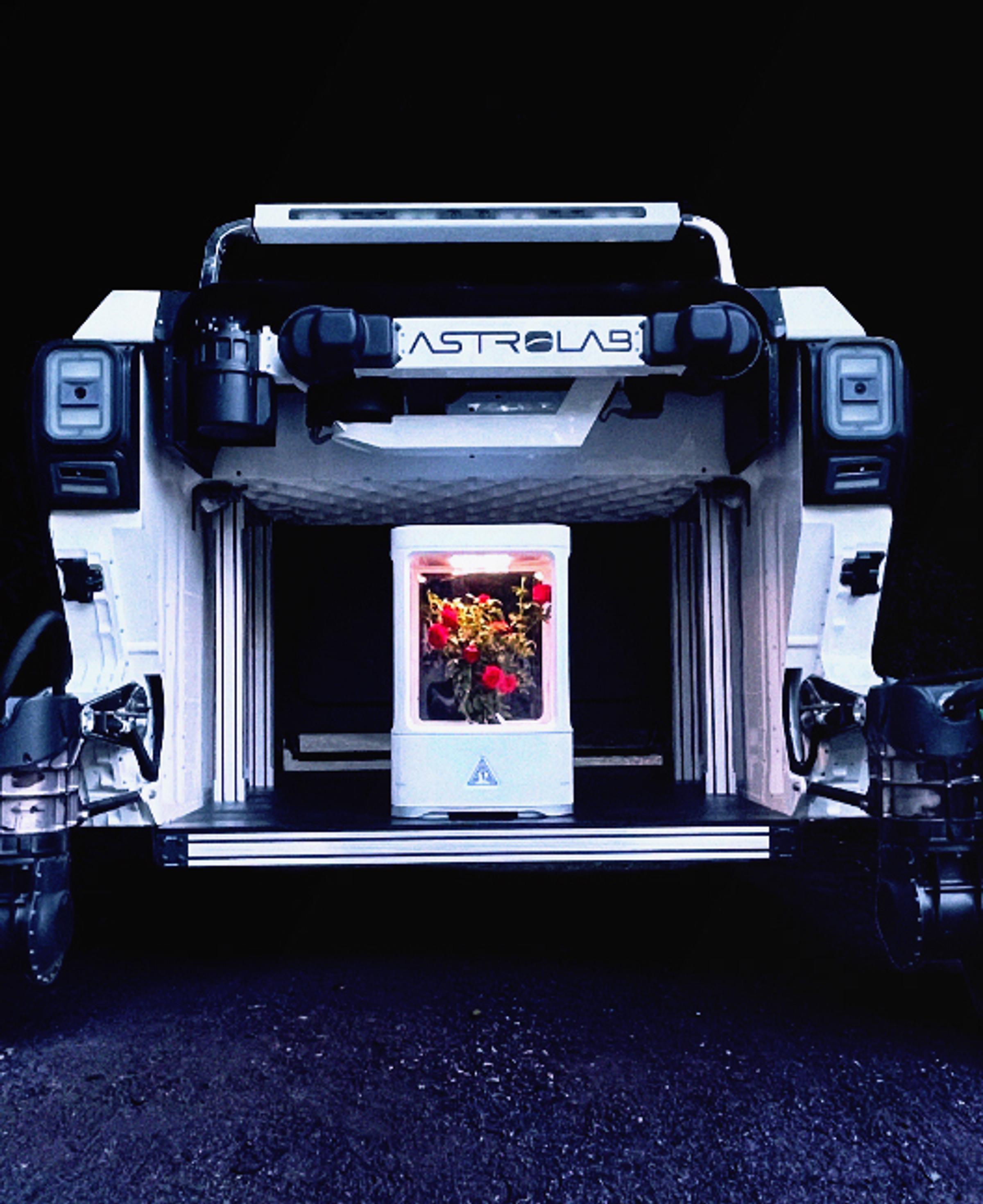
Fig 2Picture of Astrolab's FLEX Rover with first prototype of Bloom. 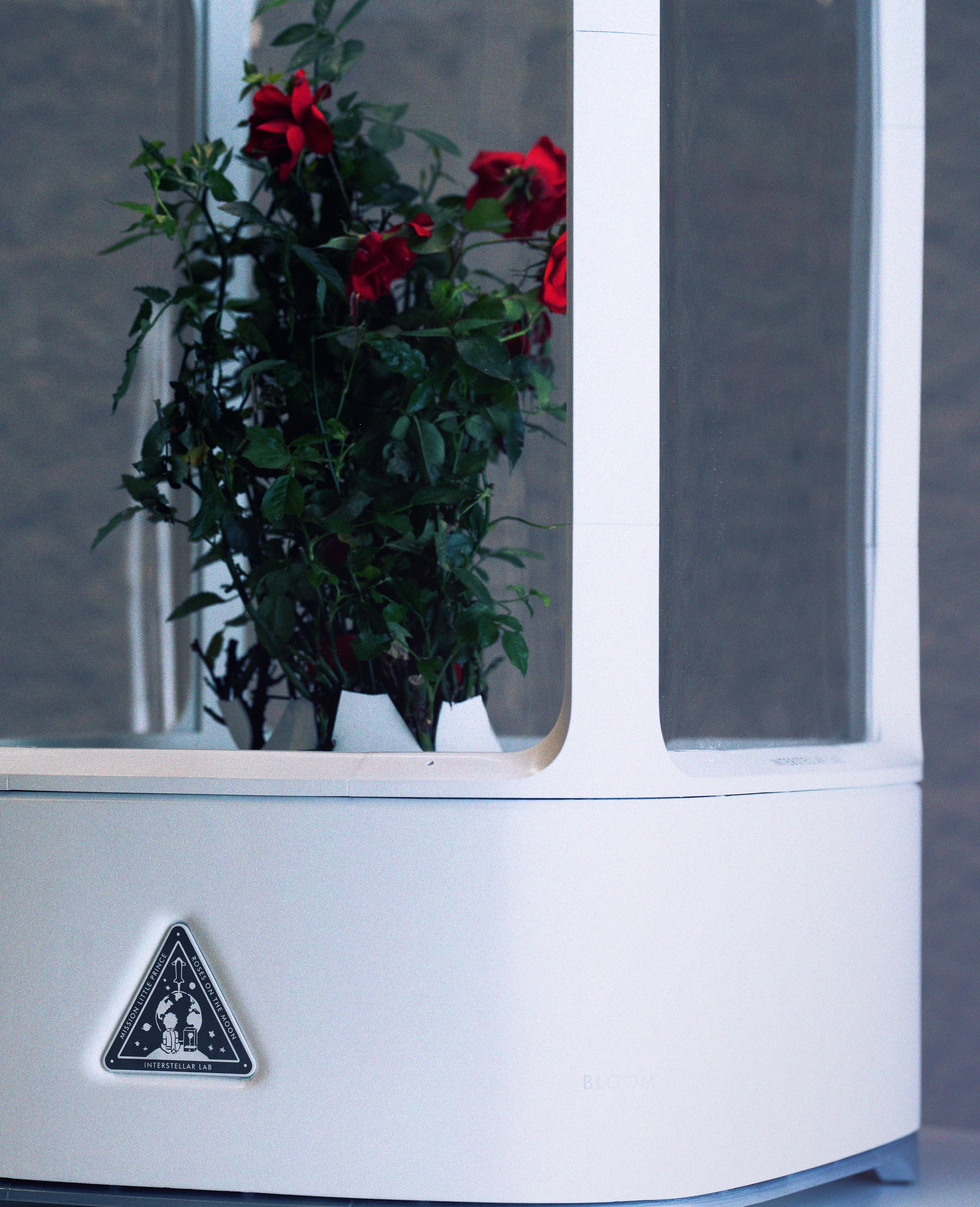
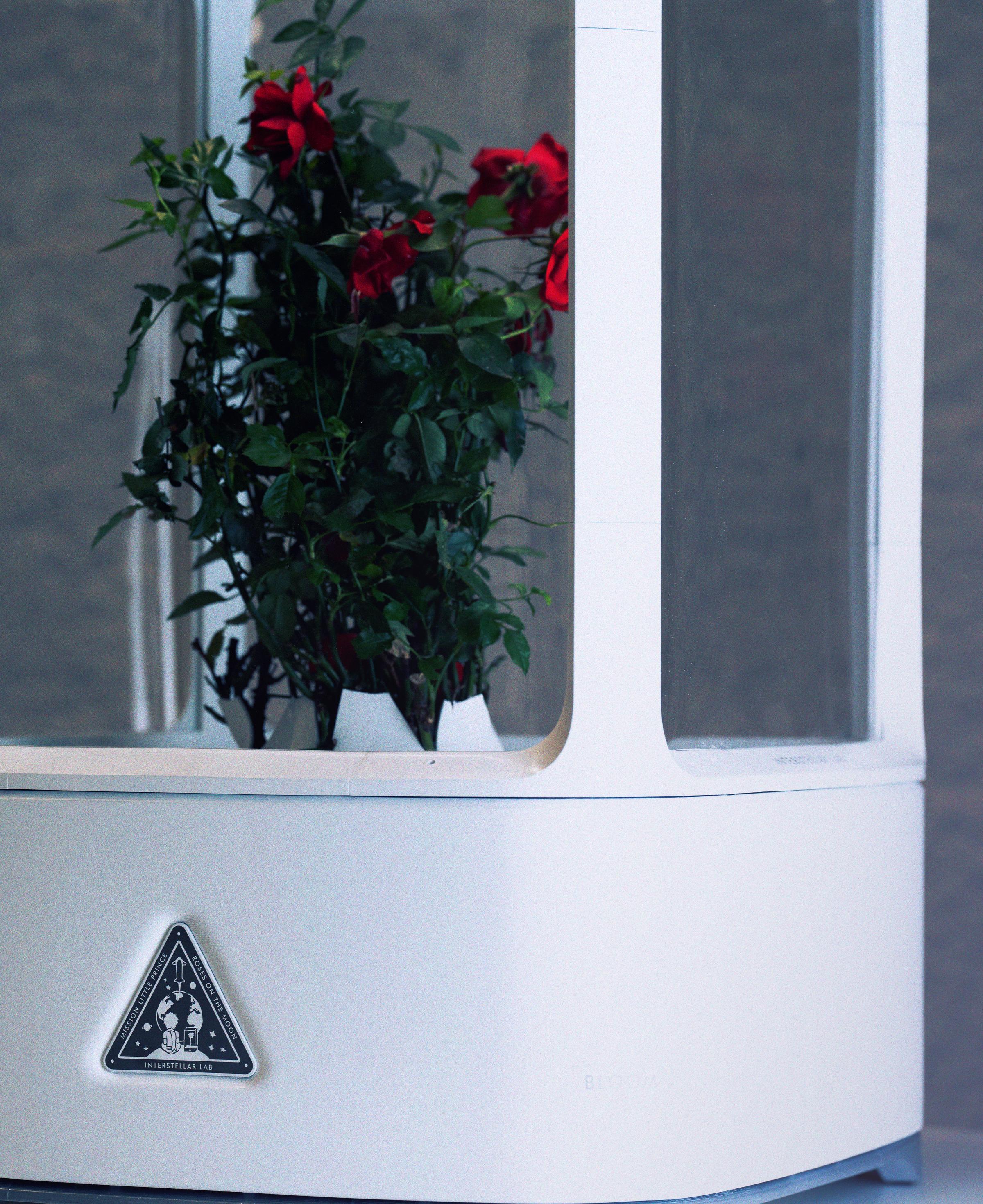
Fig 3Prototype of Bloom with red roses.
OUR GOAL
Designed by Interstellar Lab, Mission Little Prince is program looking to grow roses in LEO, Moon and Mars in automated transparent plant pods and capture pictures of life growing in the Solar System. For the Moon Mission, the company partnered with Astrolab to install the payload with FLEX rover on the lunar surface. Mission Little Prince: Moon will be part of Astrolab’s Mission 1 on SpaceX Starship first flight to the Moon.
READ MOREOUR PARTNERS
This mission transcends the boundaries of the imagination, uniting Interstellar Lab's pioneering vision with the immortal legacy of Antoine de Saint Exupéry, author of the famous masterpiece The Little Prince. By growing roses on lunar soil, the Mission Little Prince makes The Little Prince's timeless dream a reality, inspiring entire generations to explore the farthest reaches of the universe.
READ MORENUCLEUS
PRODUCT UPDATE
NUCLEUS, our food production system for long-term space missions, won NASA's Deep Space Food Challenge.
NUCLEUS
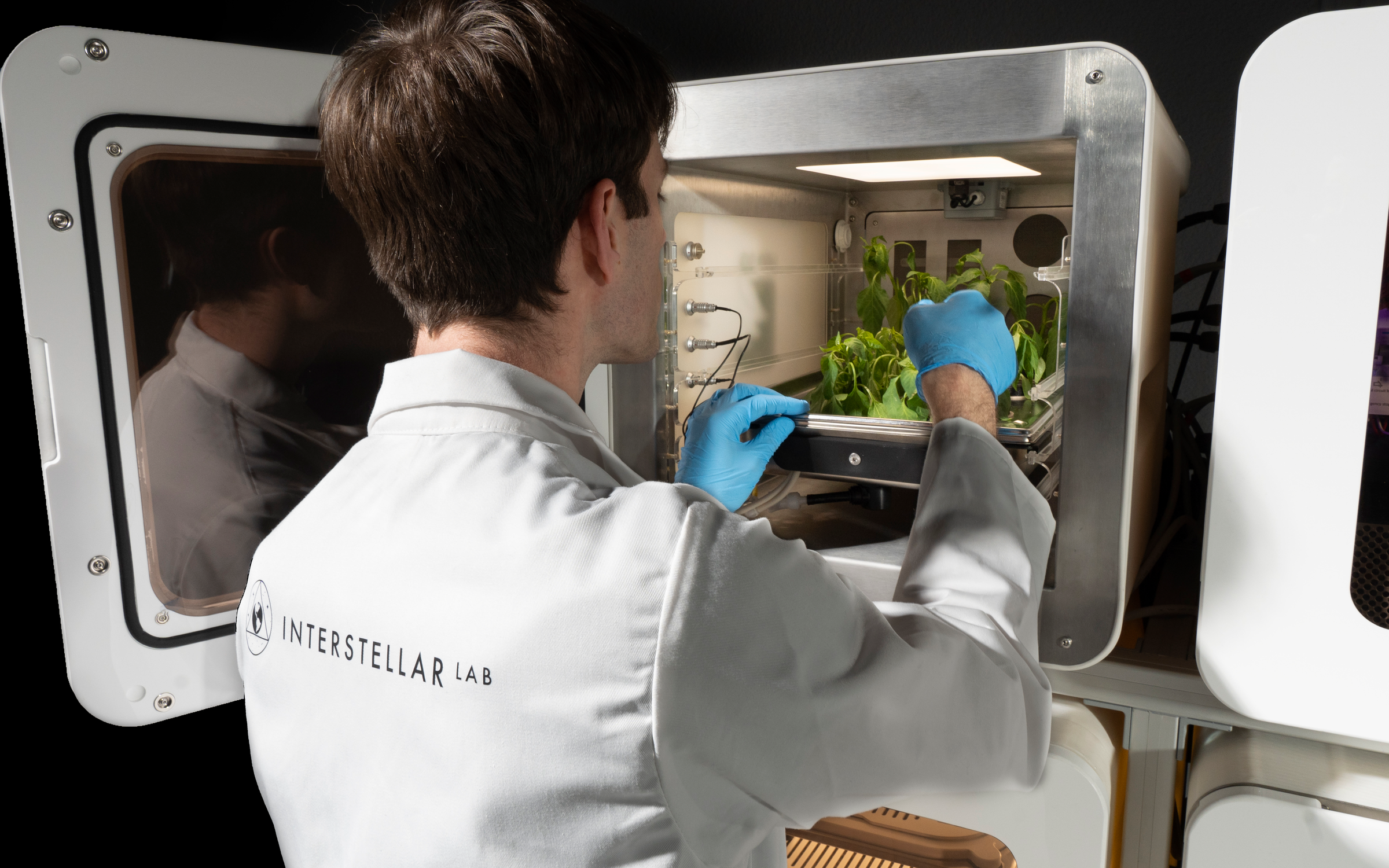
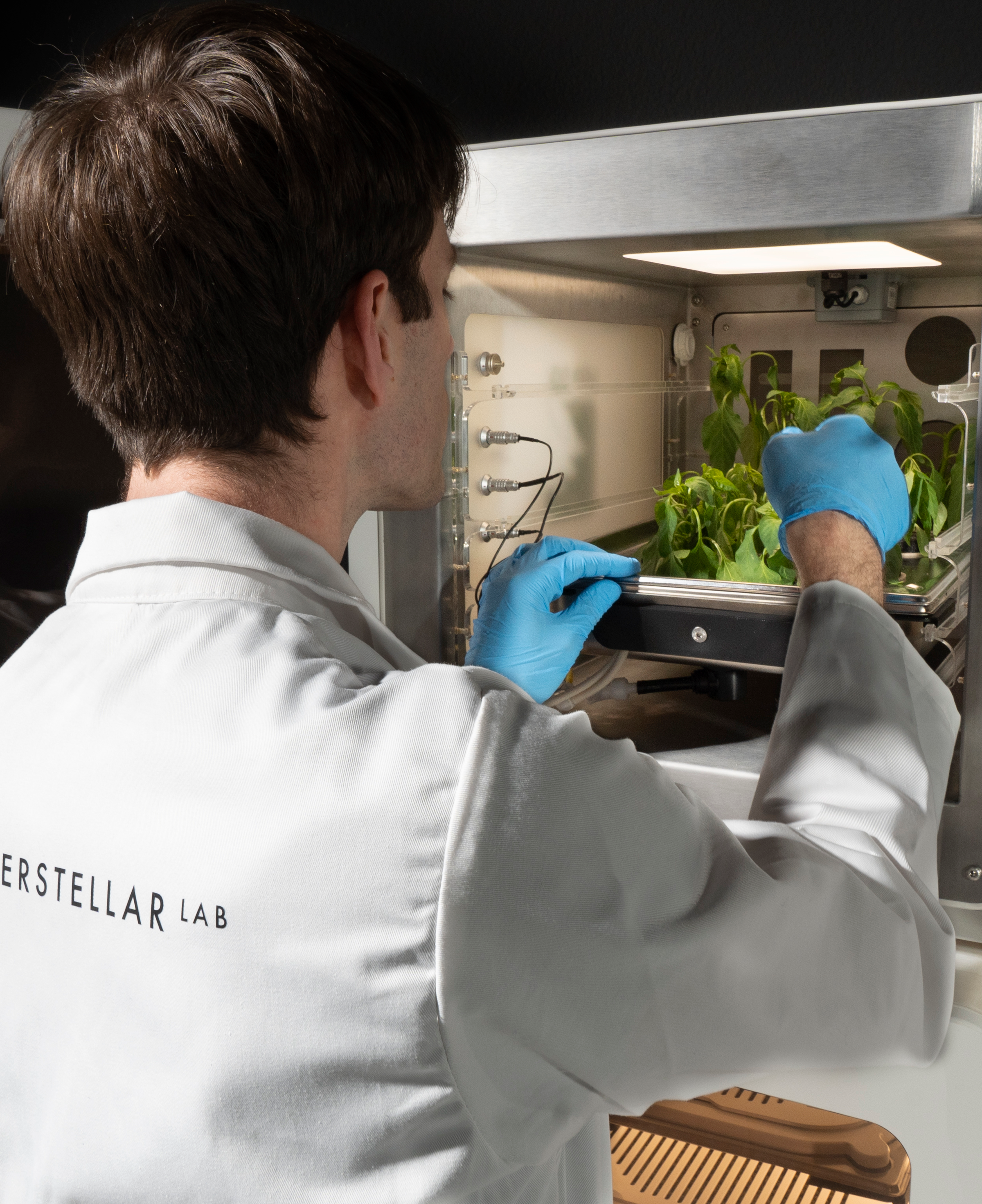
Nutritional Closed-Loop Eco-Unit System
NuCLEUS is an autonomous and intelligent food production system for astronauts.
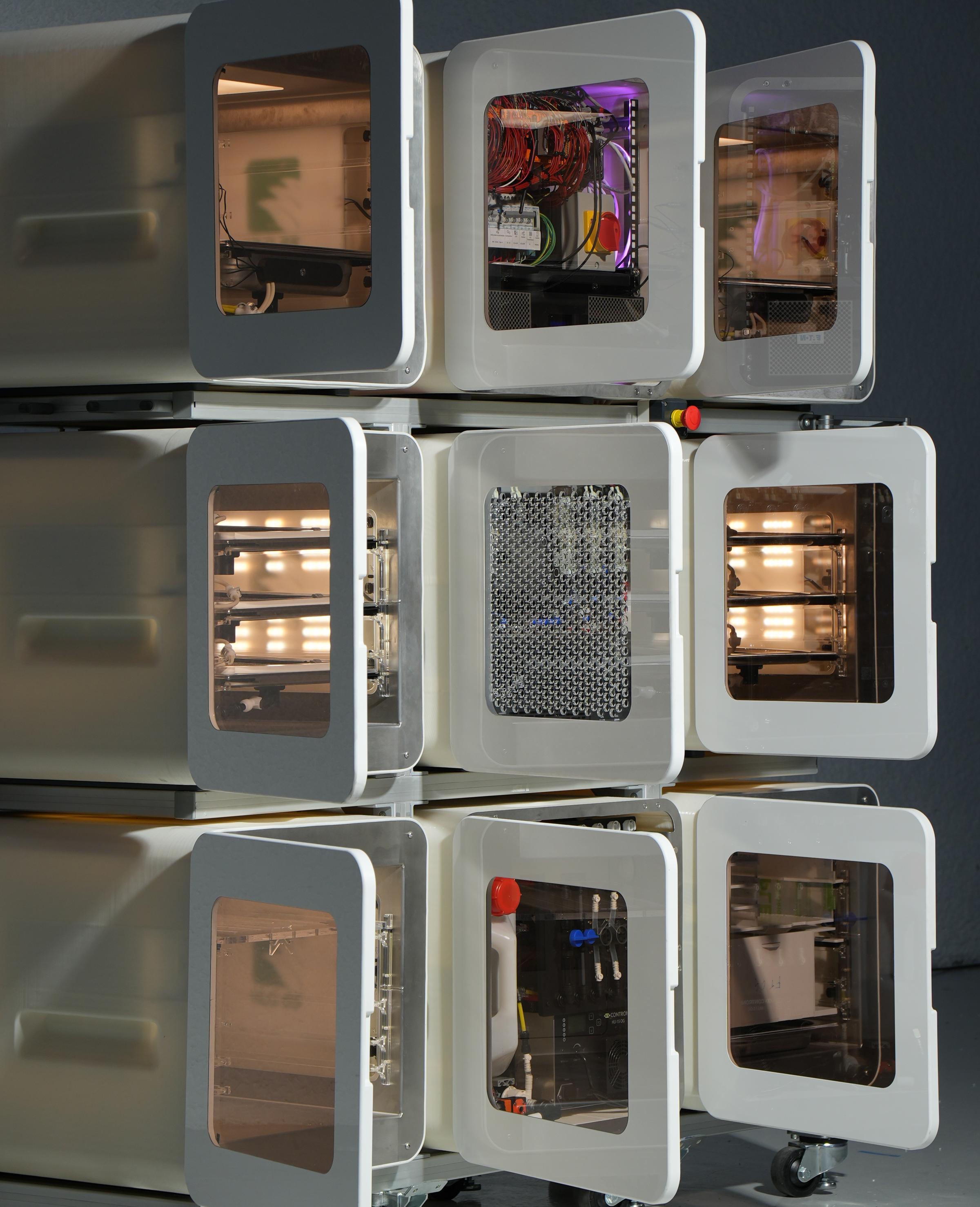
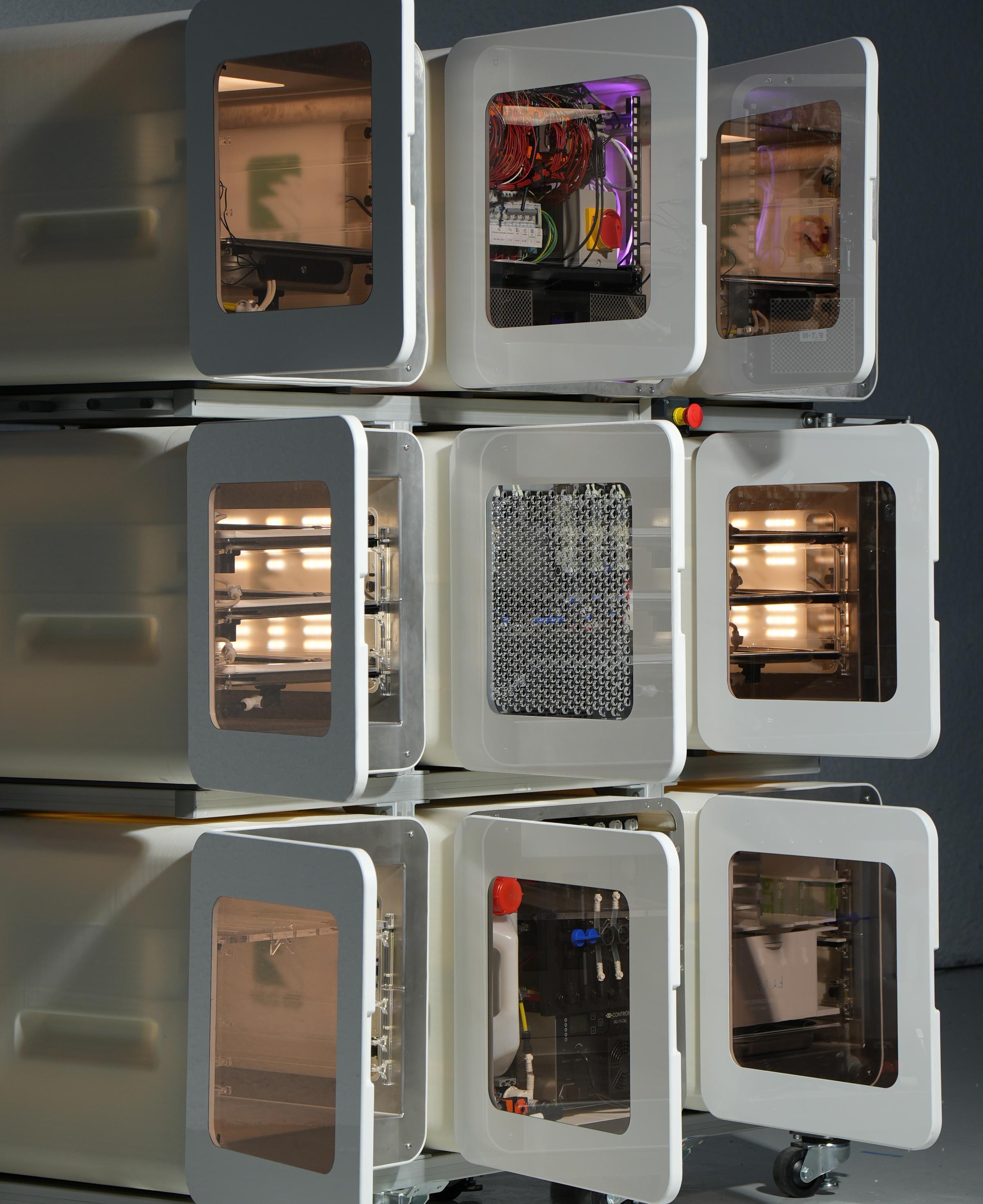
Fig 1NUCLEUS 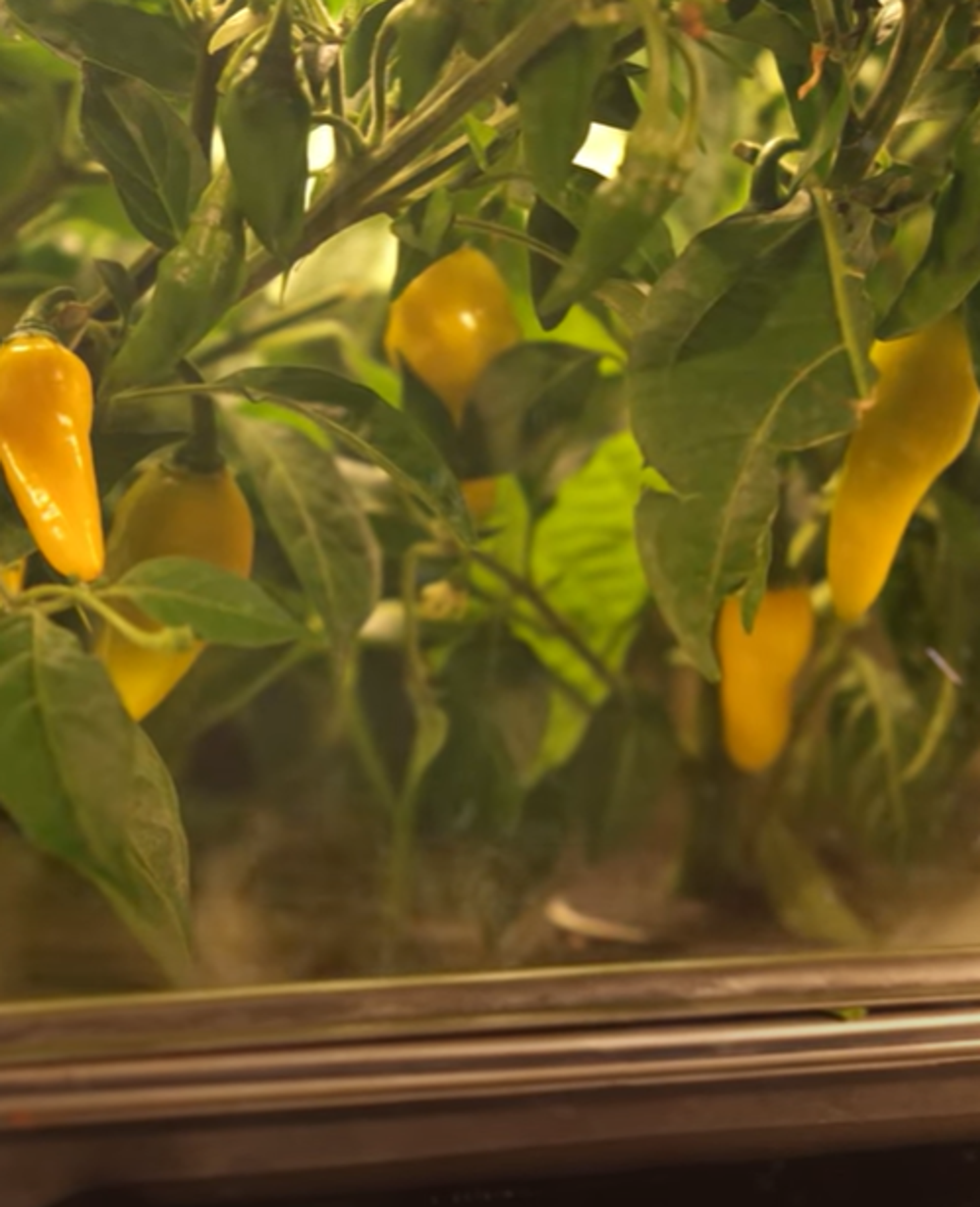
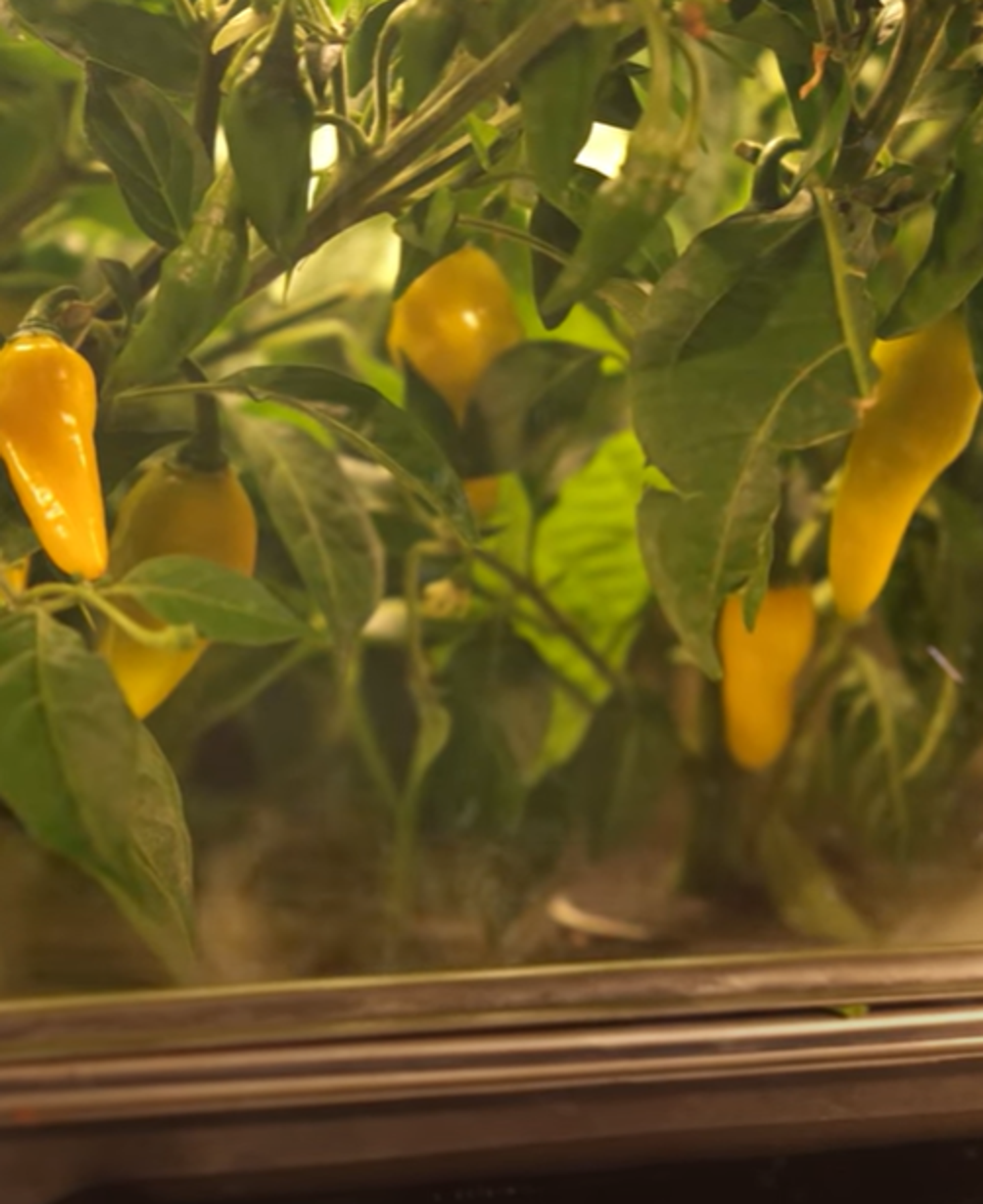
Fig 2Freshly grown food ingredients in NUCLEUS 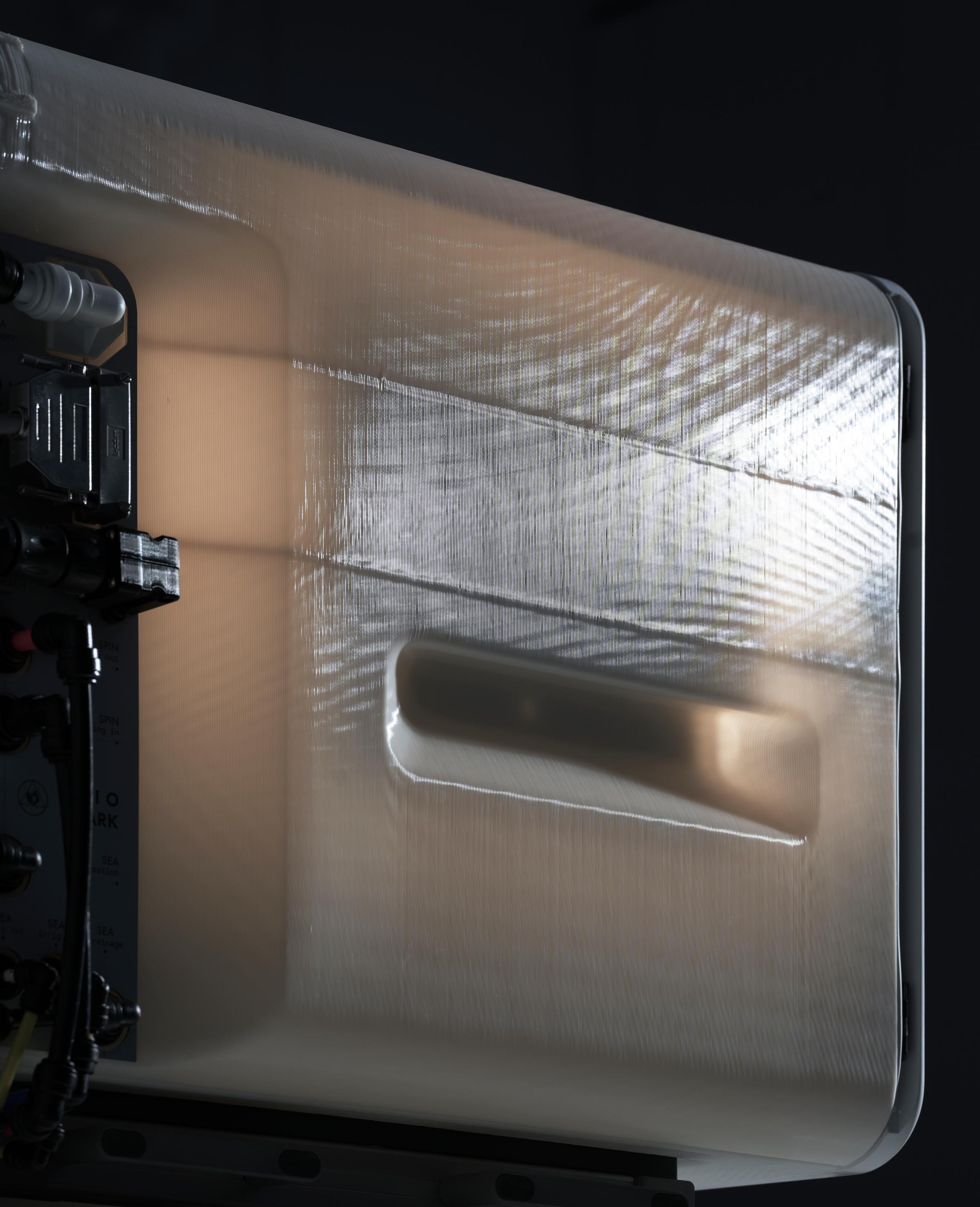
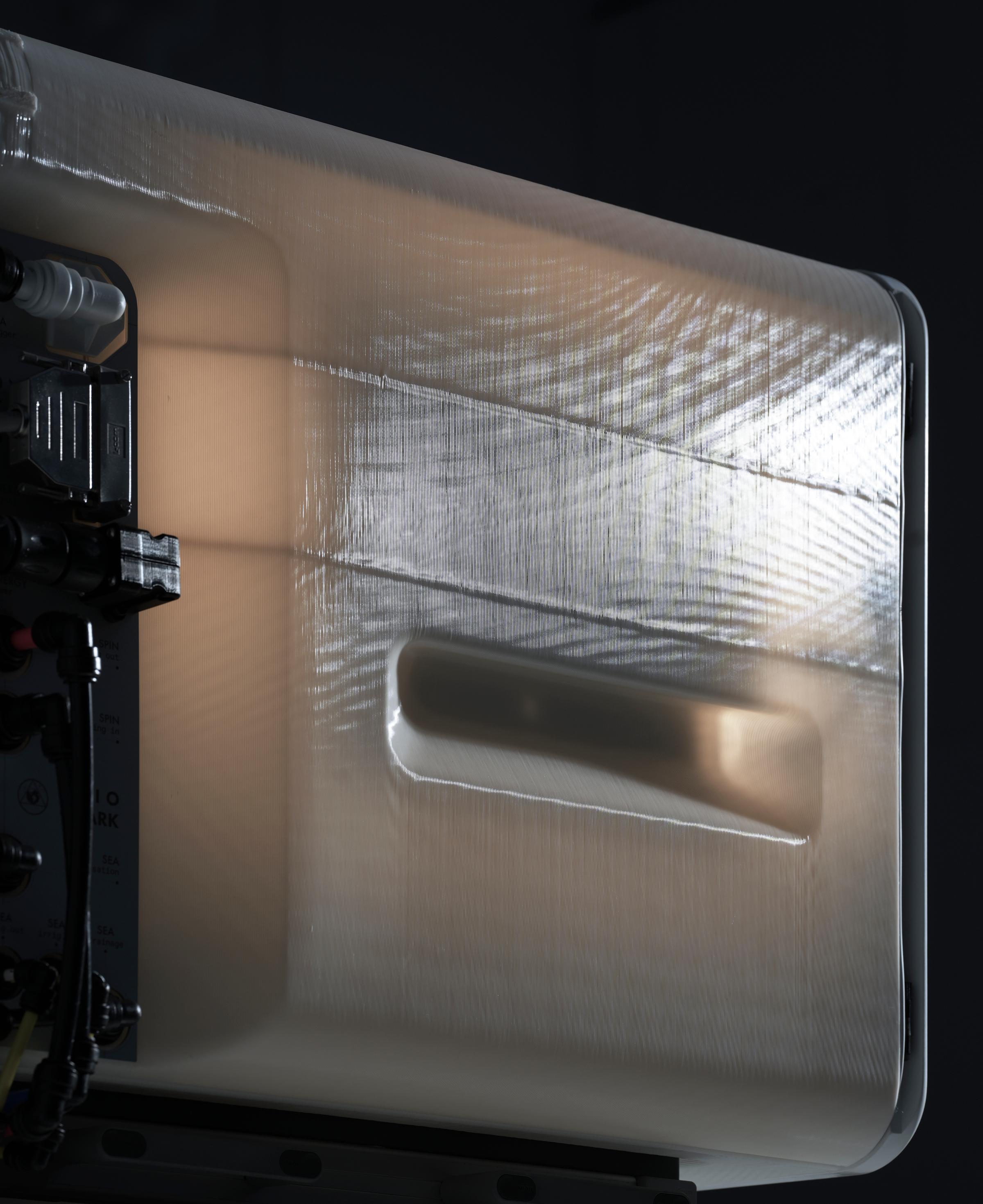
Fig 3A view of Bioquark
How It Works
NUCLEUS has 6 growing modules called BioQuarks, adaptable to different setups to grow sprouts, vegetables, insects, and mushrooms and 3 system modules for water treatment, air management and automation.
Read MoreUS WINNER OF DSFC BY NASA
Interstellar Lab has emerged as the winner of NASA's Deep Space Food Challenge, taking home a total of $1 million in prize money. The cutting-edge food production system, NuCLEUS was specifically designed to support long-duration space missions by providing a sustainable, efficient, and nutritious food supply.
READ MOREInterested in growing plants in space ?
From mission design to flying with our partners, we offer access to plant research in space.
MISSION PLANNING
- DESTINATIONLEO
- MISSION DURATION1 MONTH
- PLANT SPECIESMadagascar Periwinkle
- EXPERIMENTMicrogravity and Secondary Metabolites
